View game action images between matchups of the Vikings and Colts through the years.

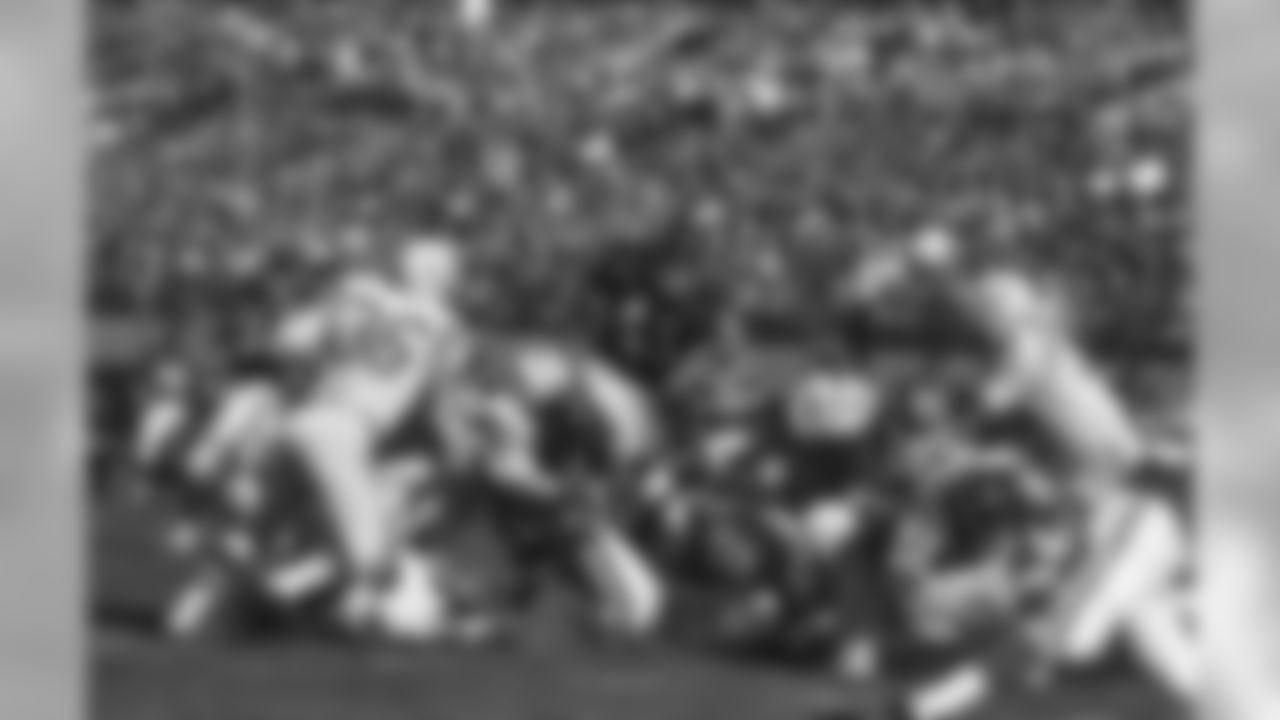
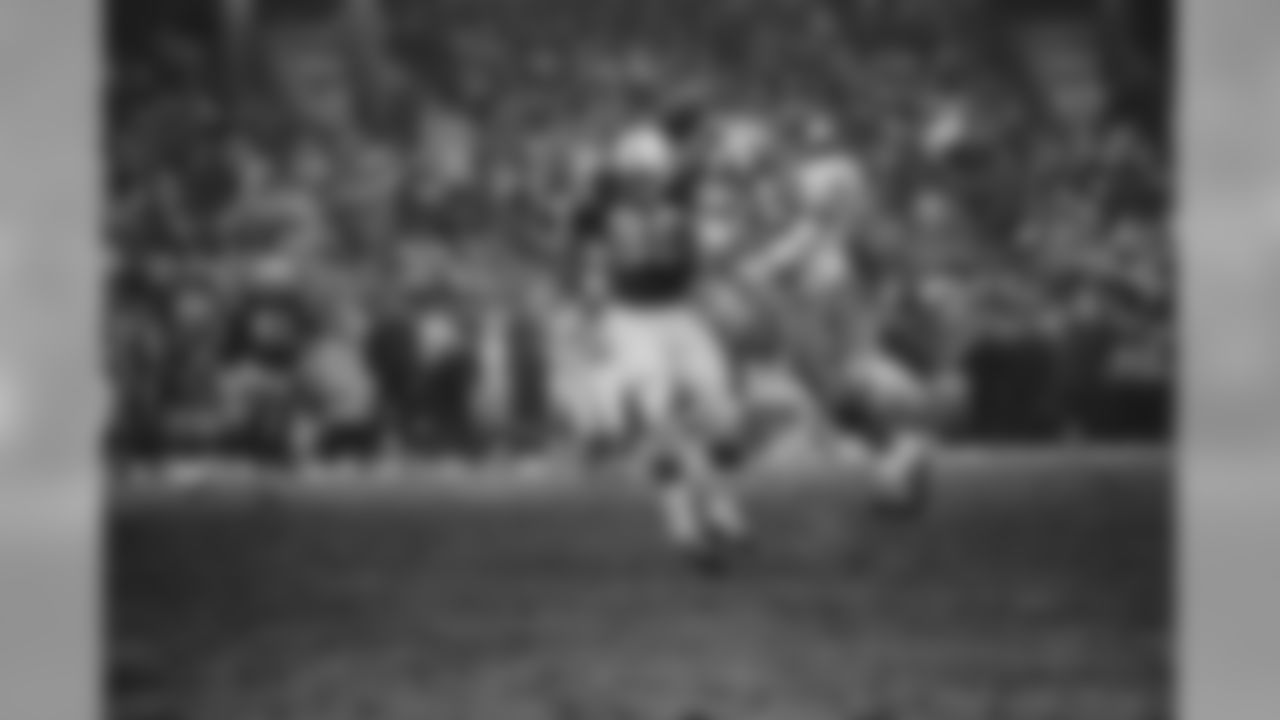
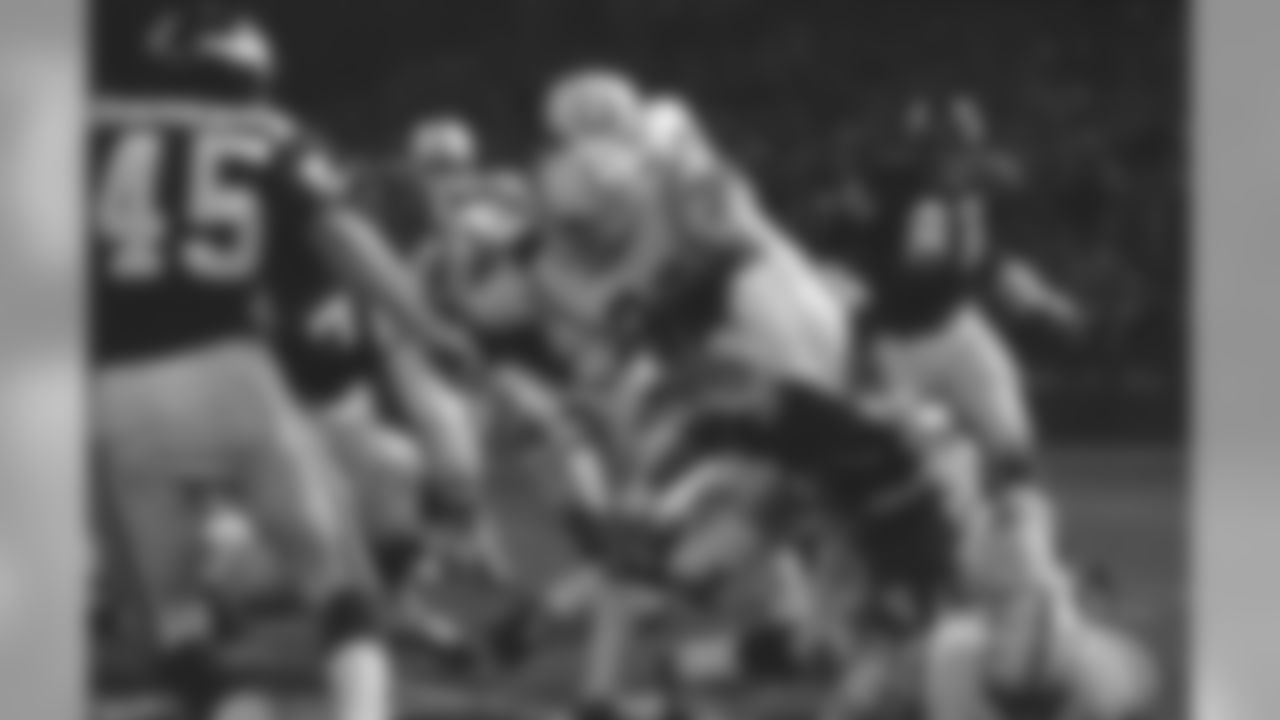
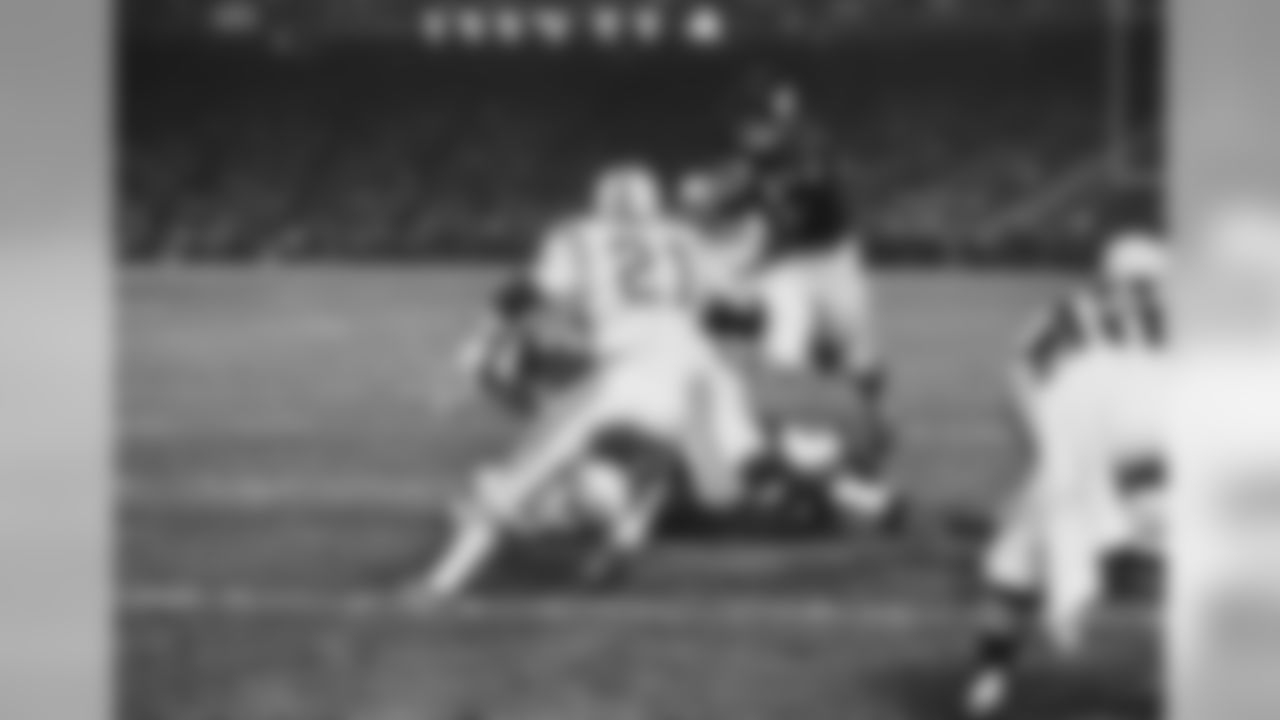
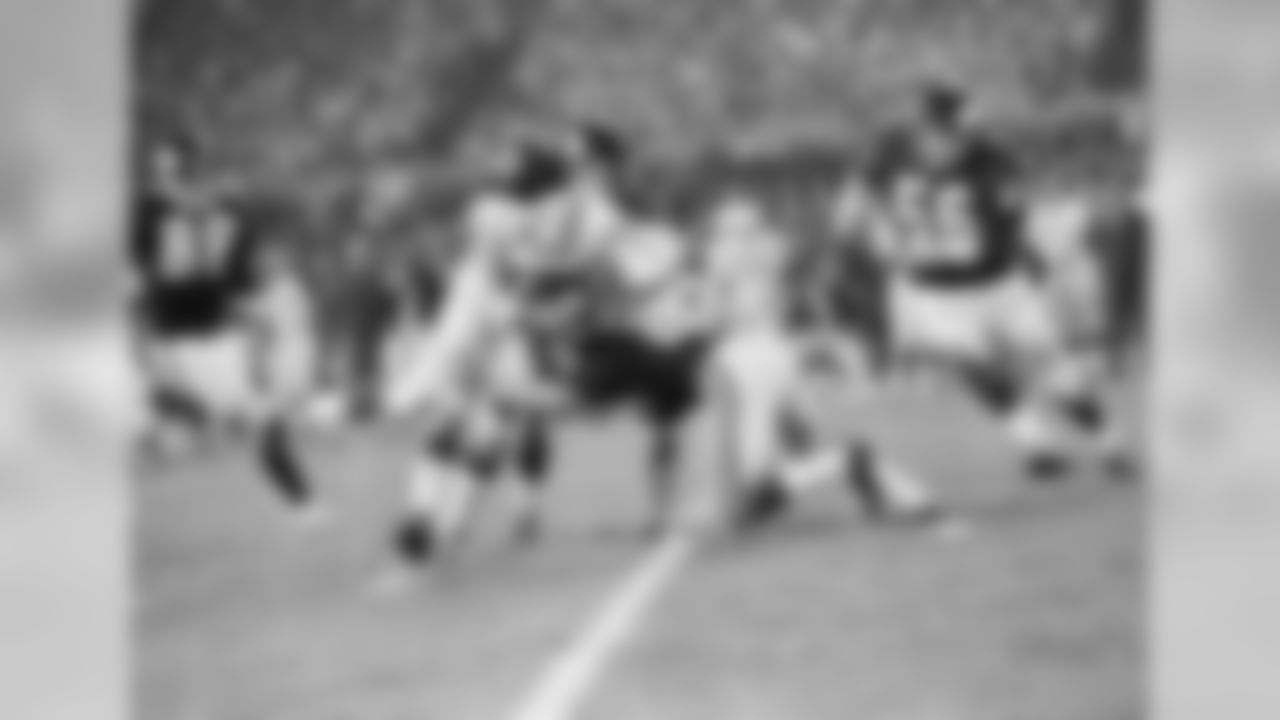
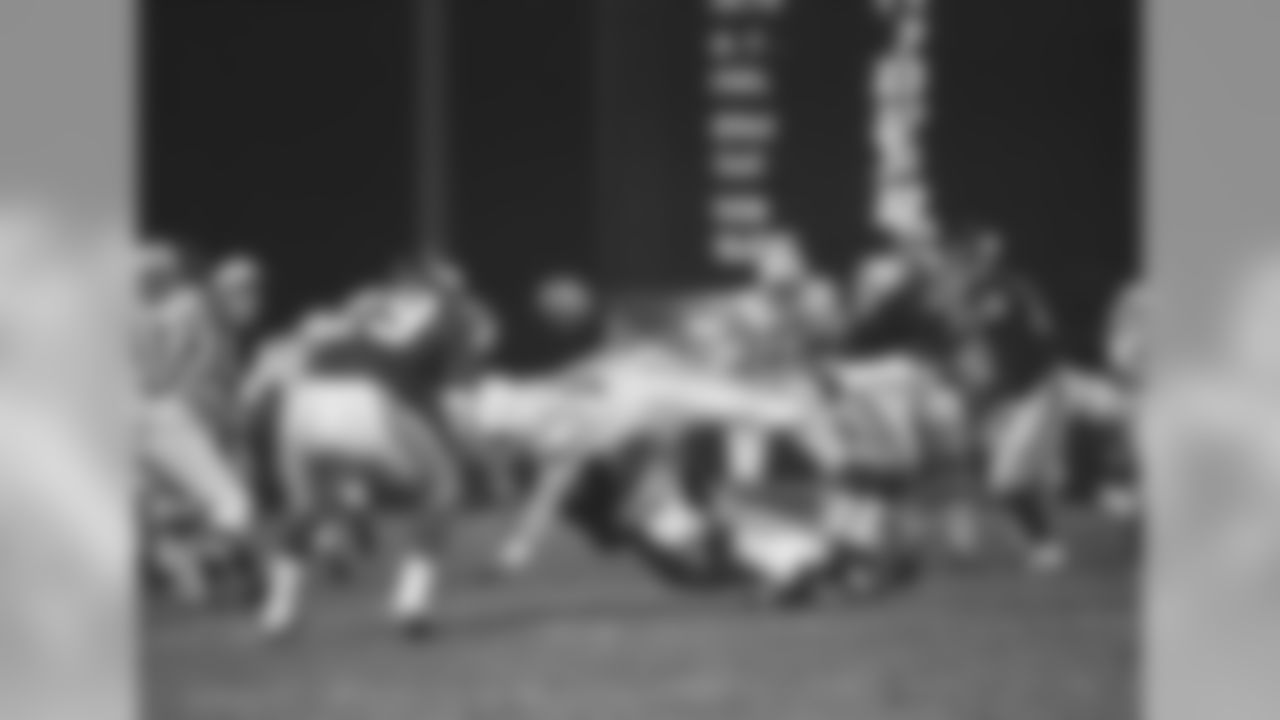
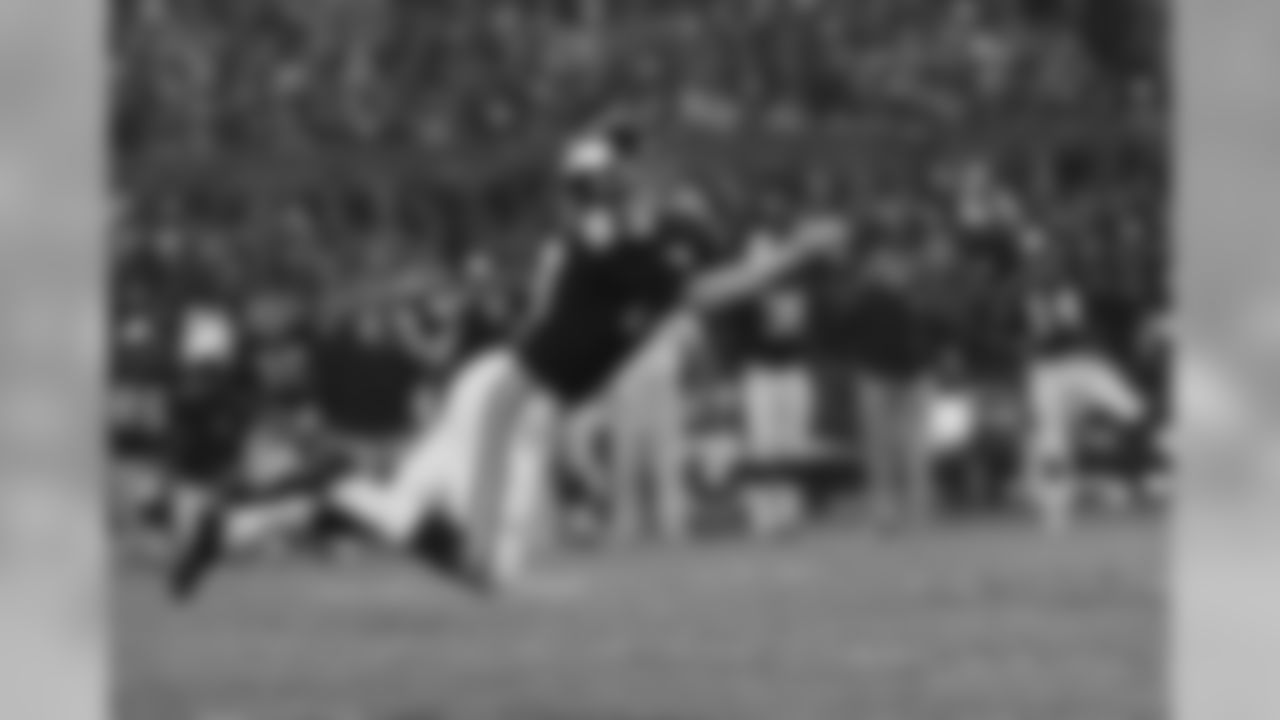

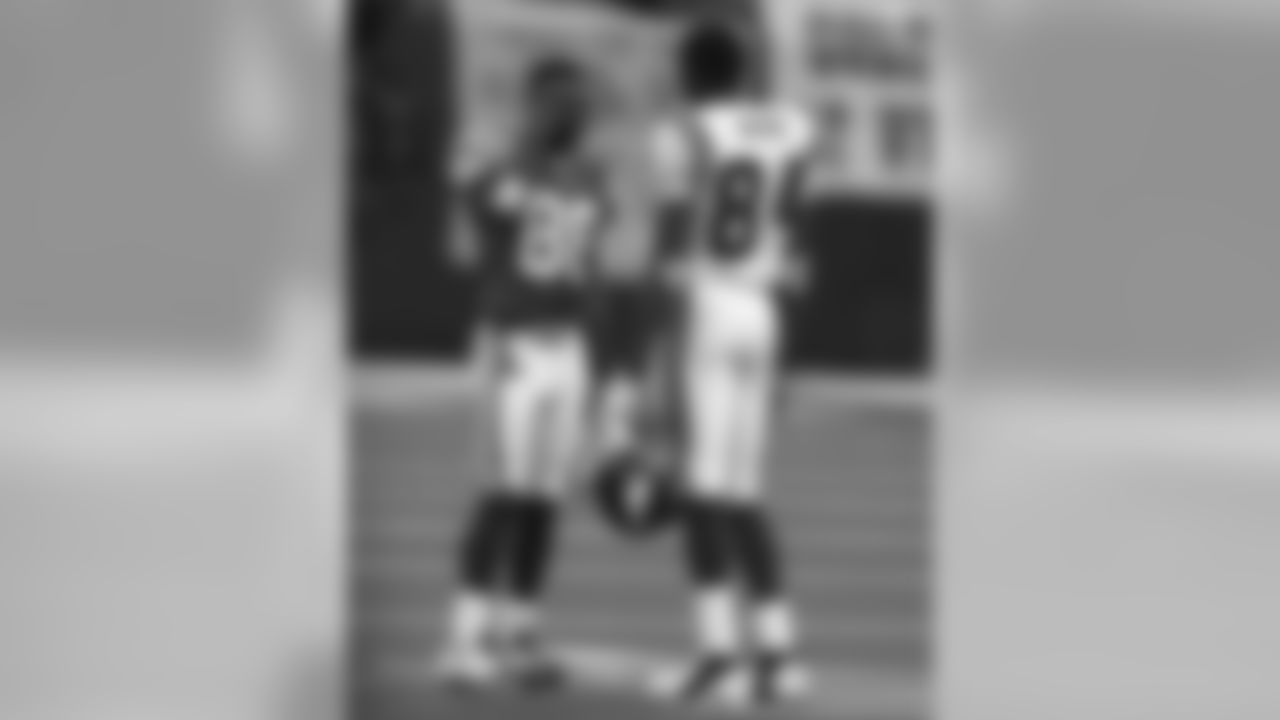




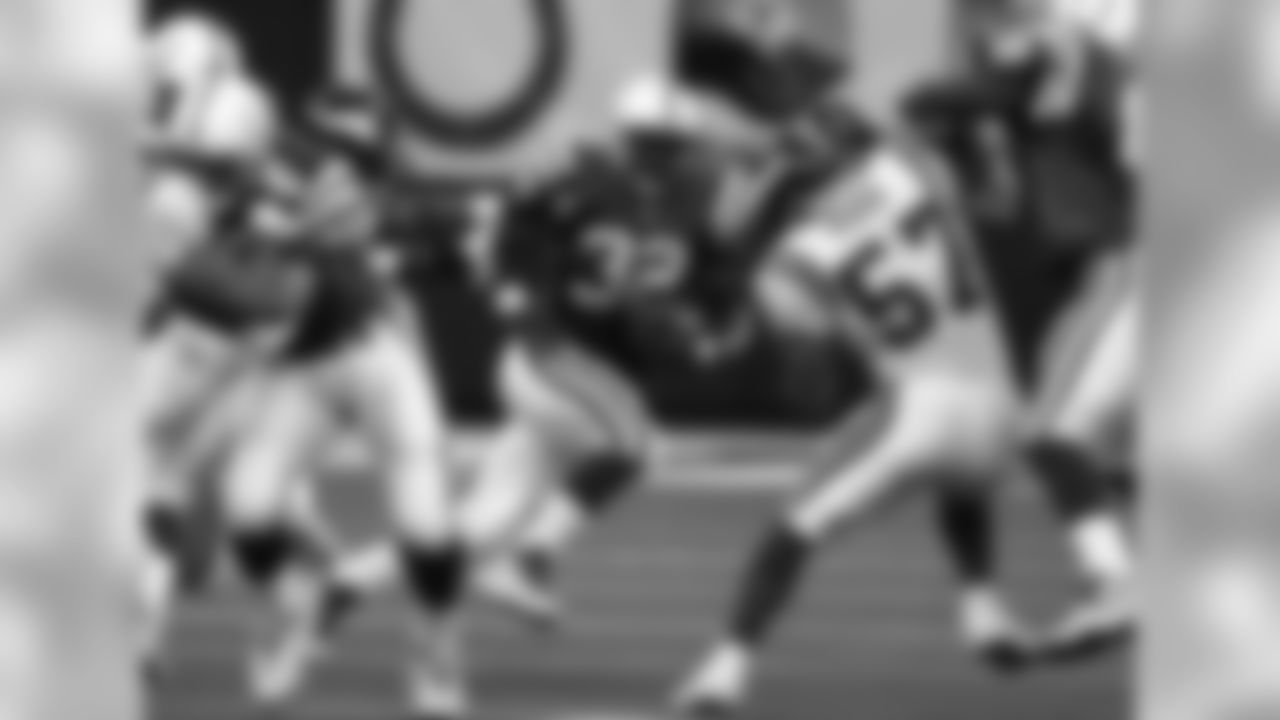
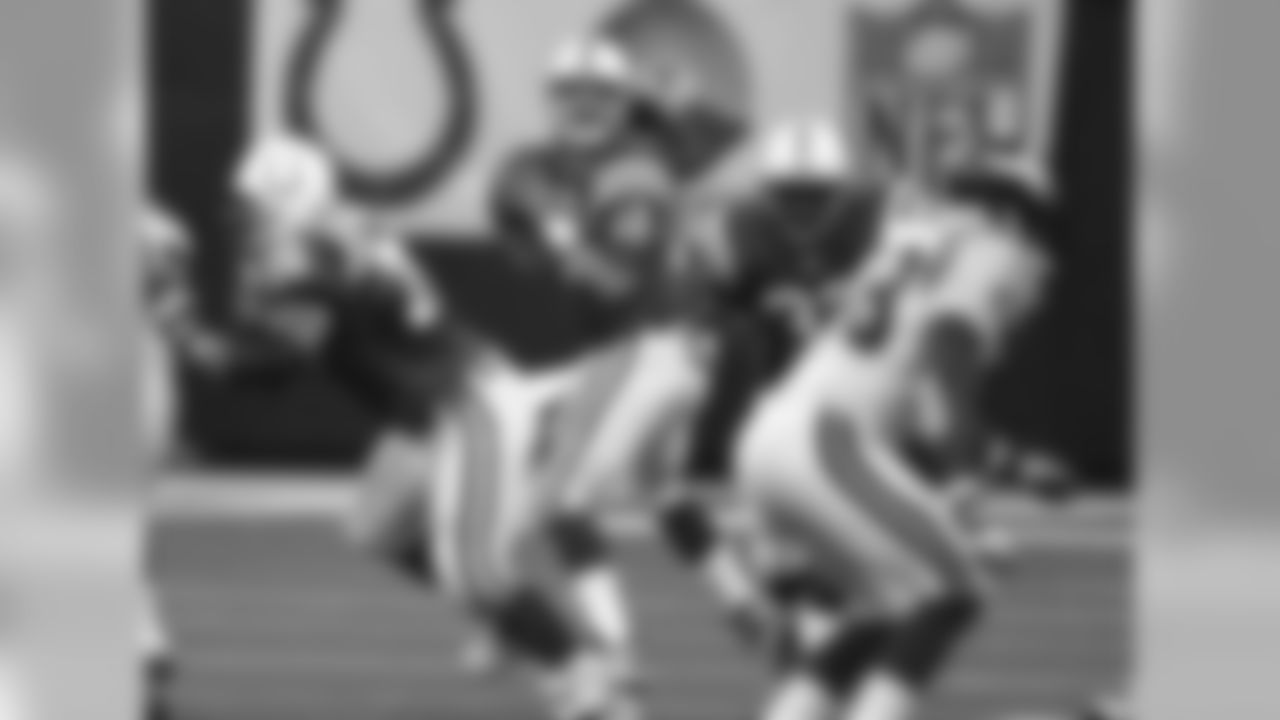
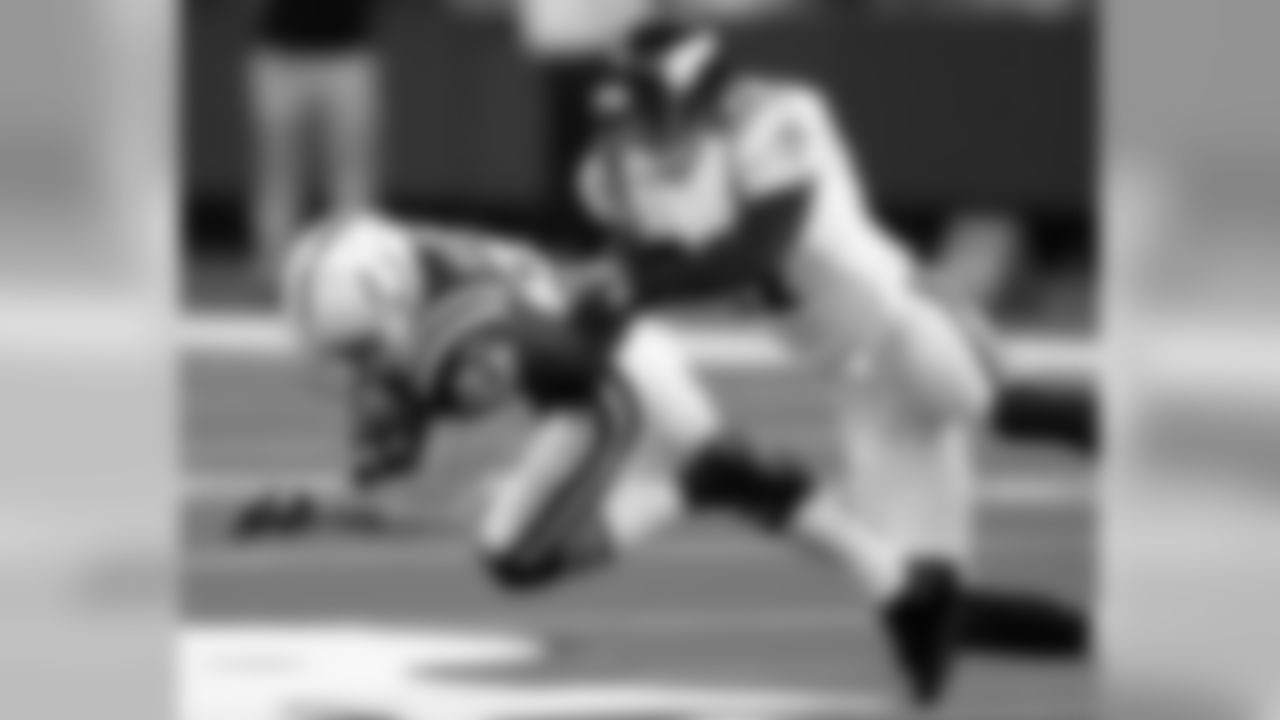
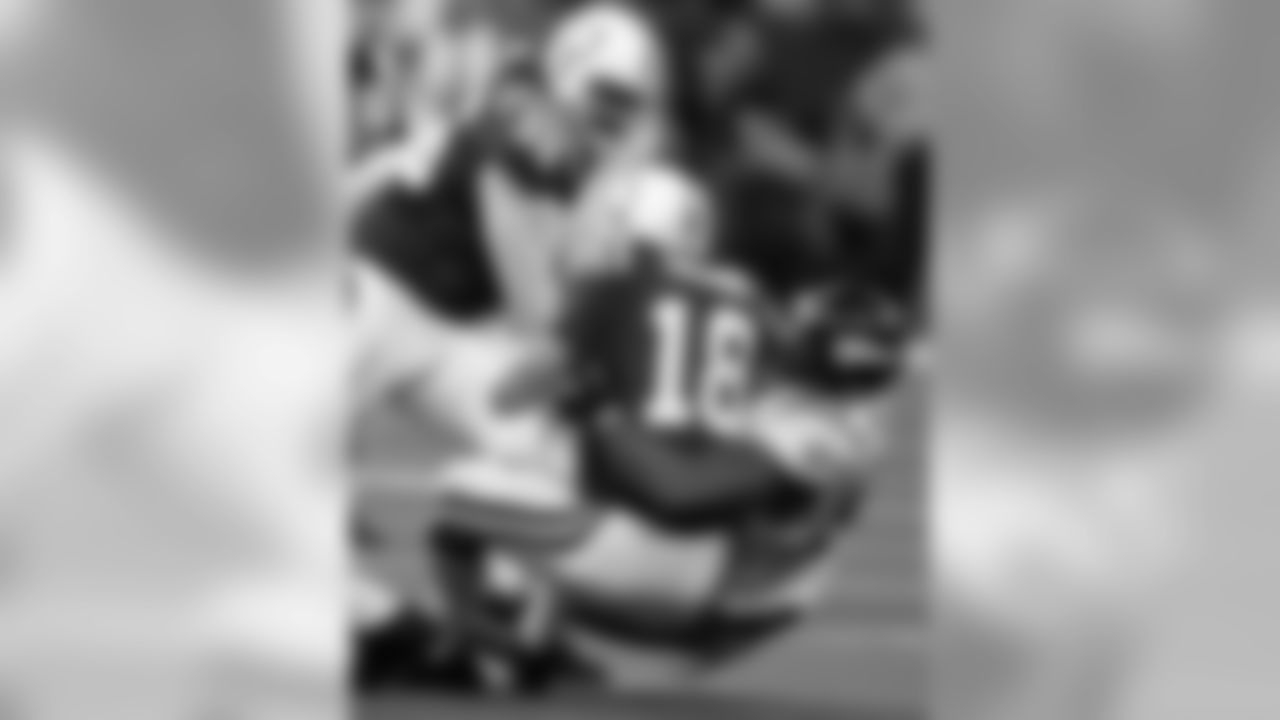




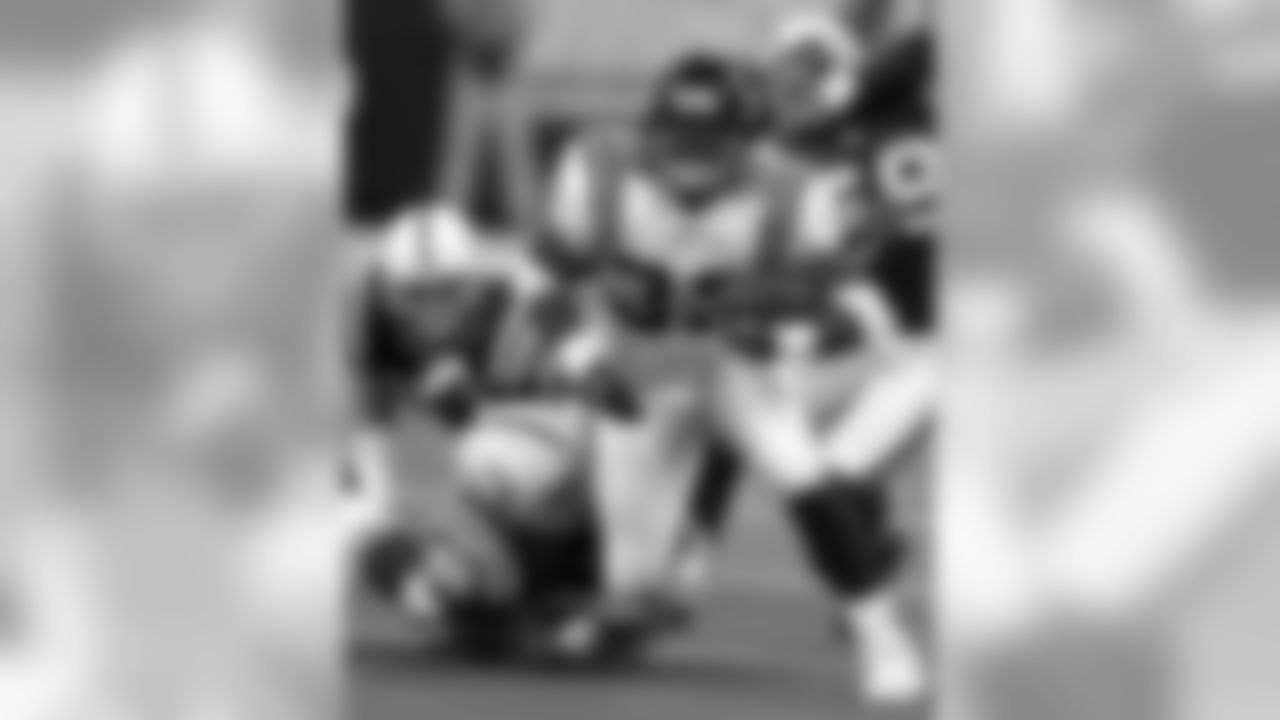
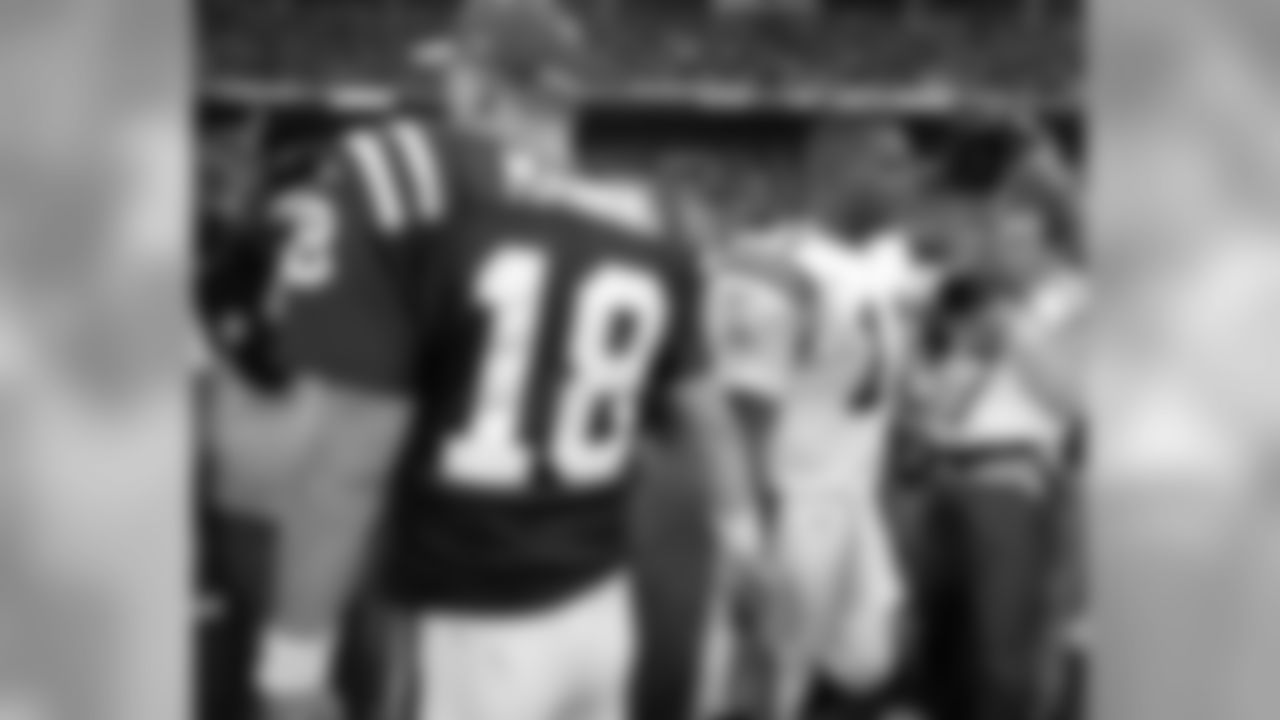

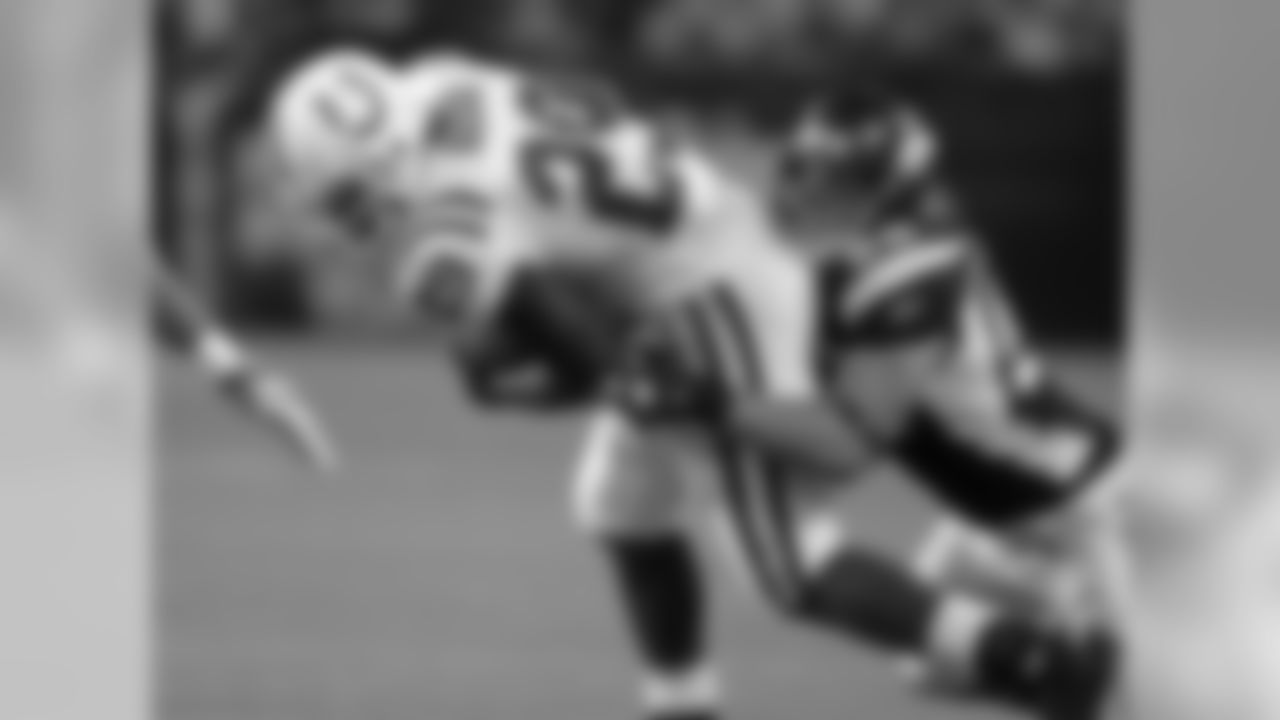
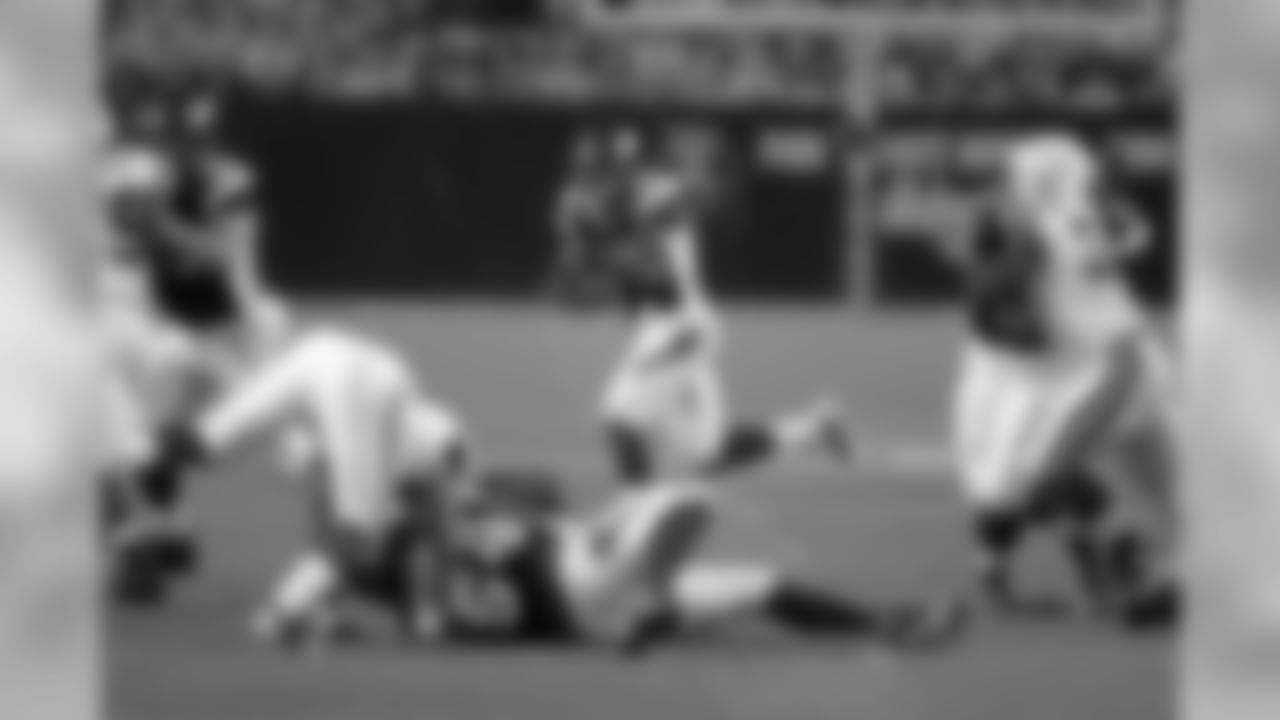
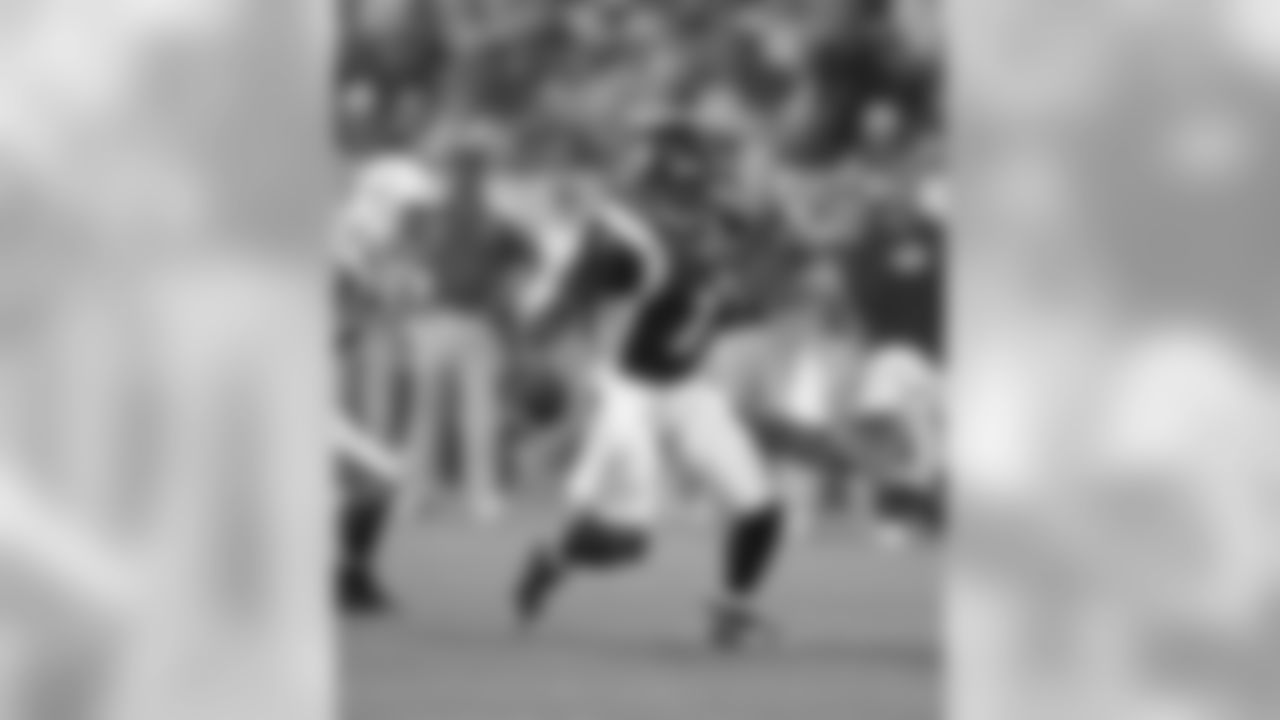
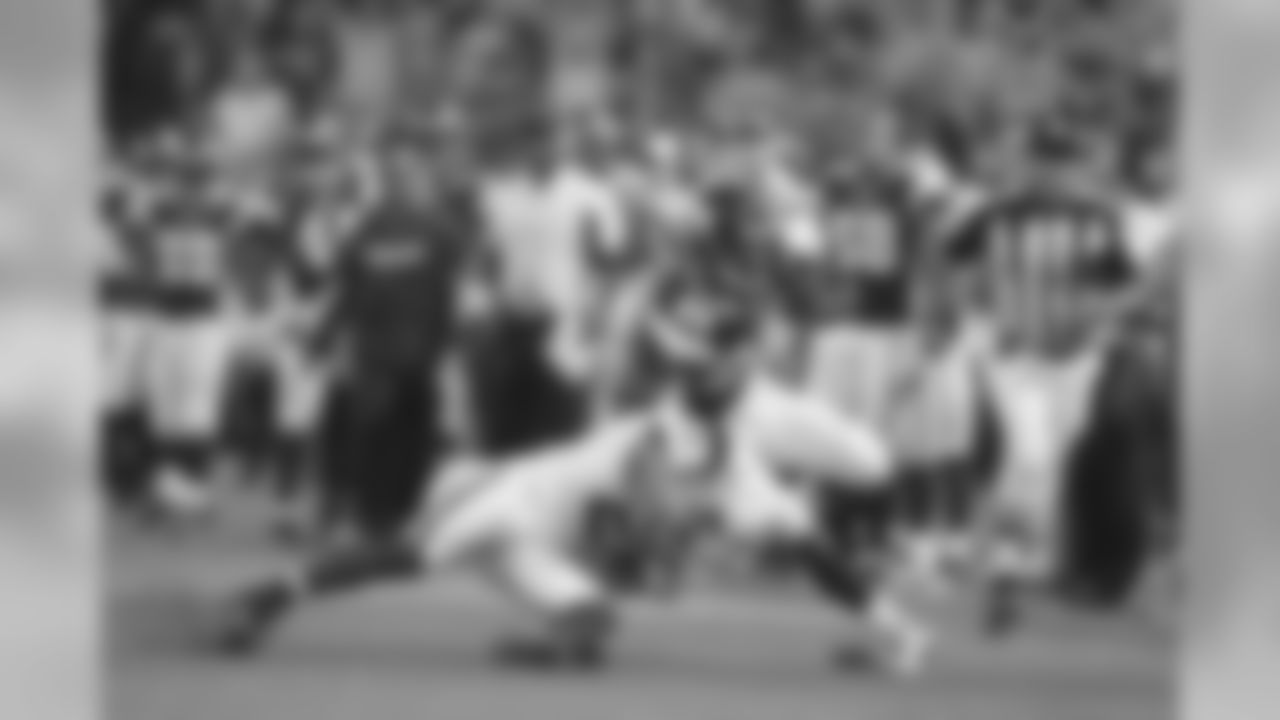

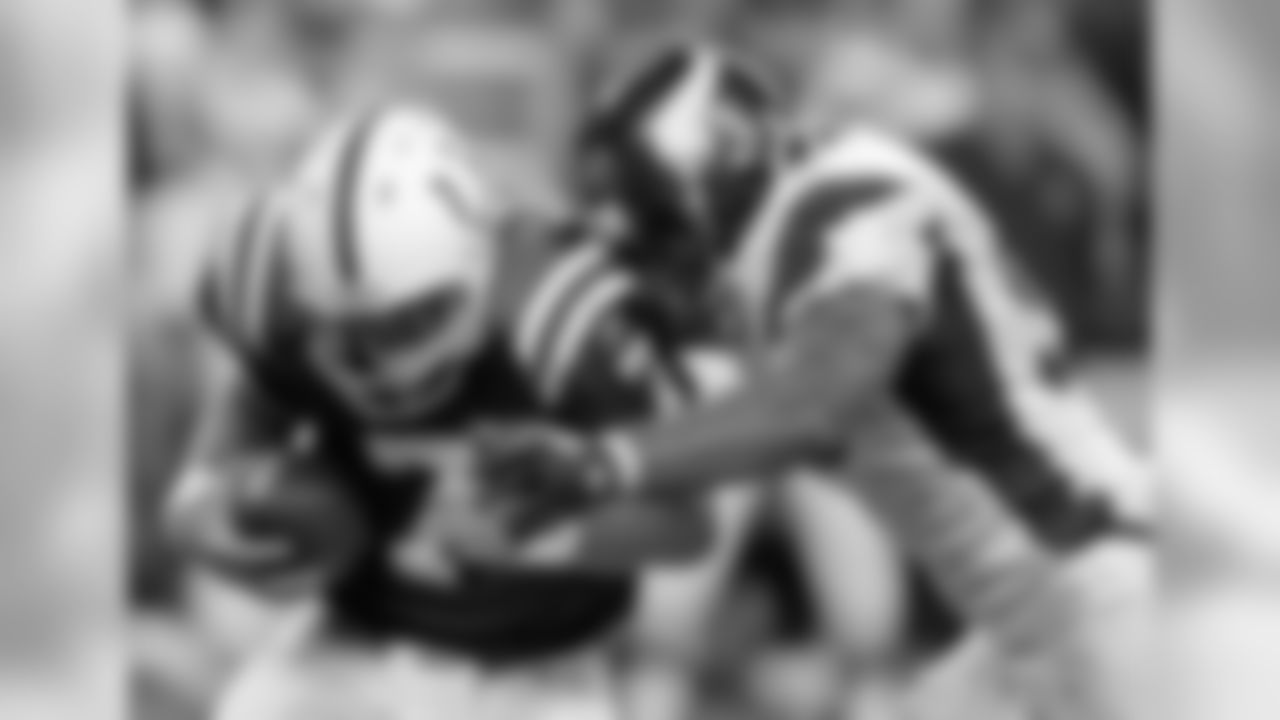
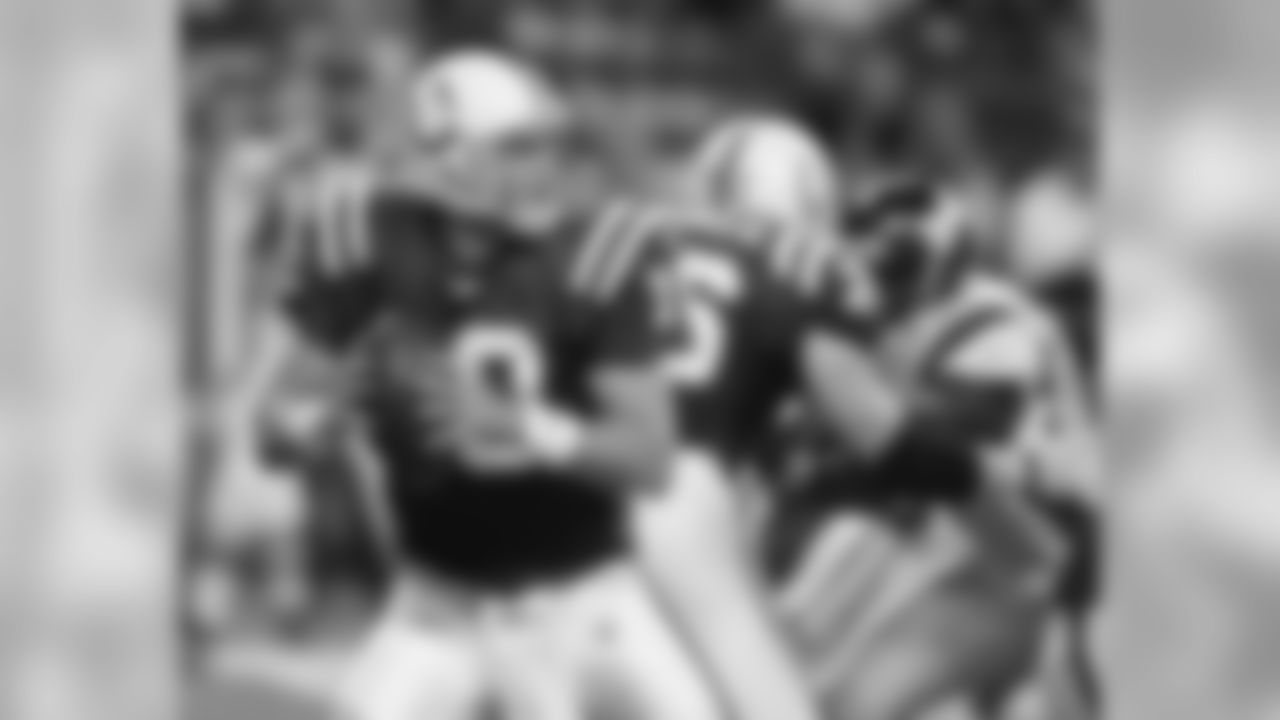
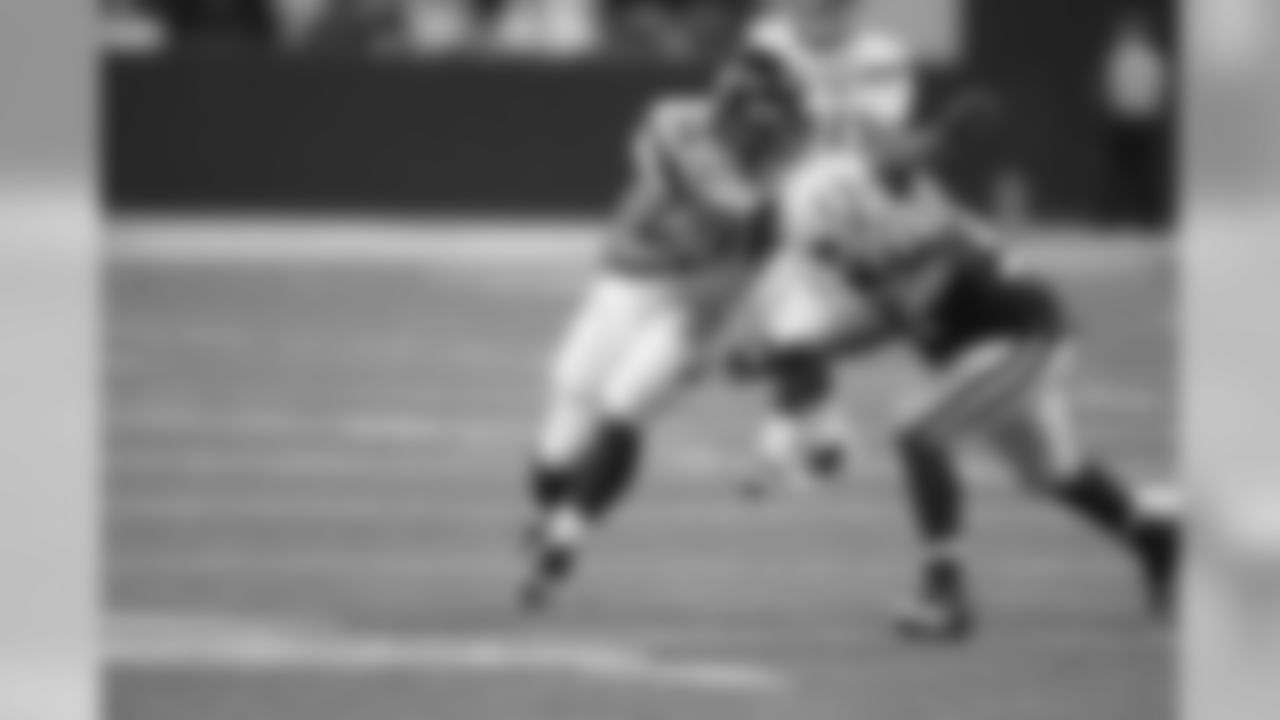
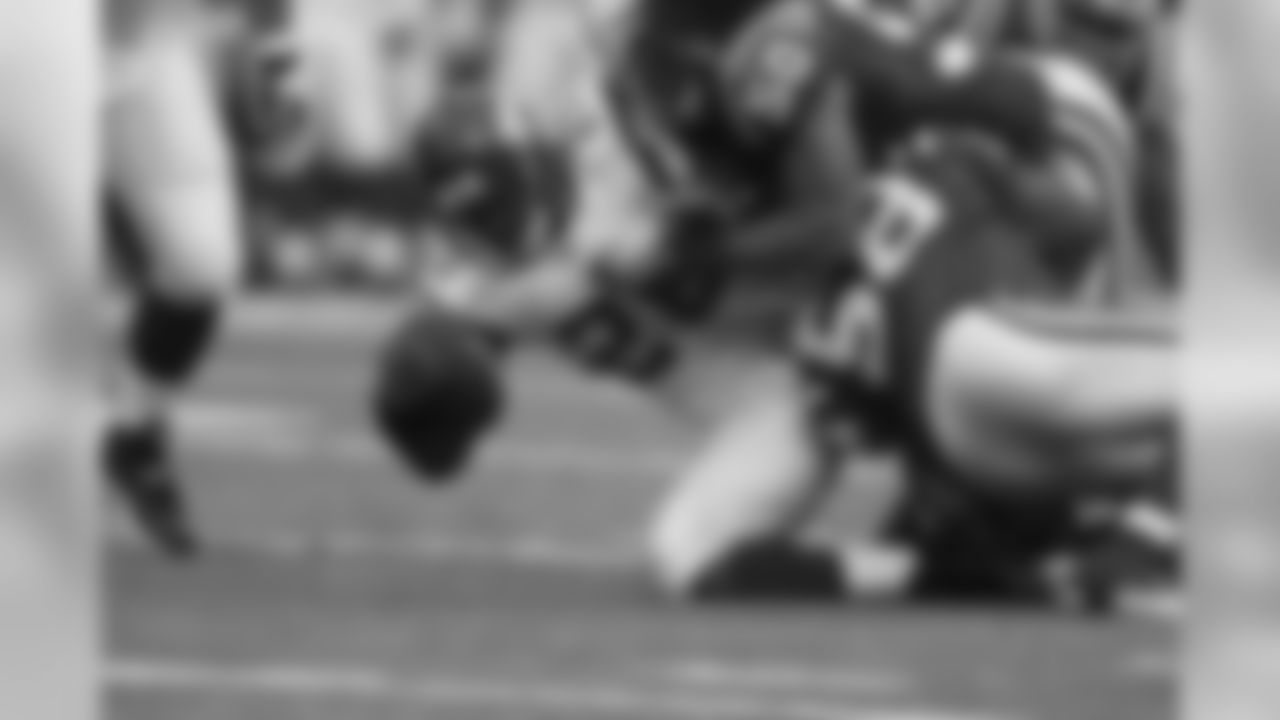



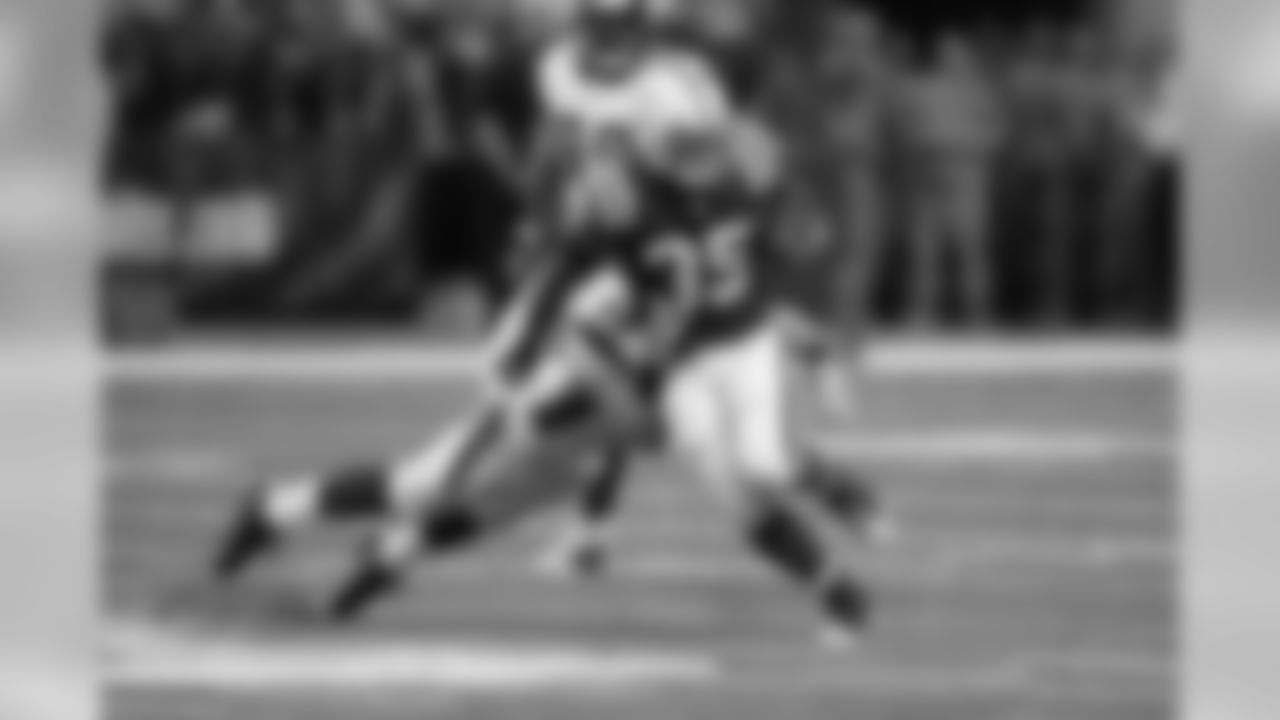
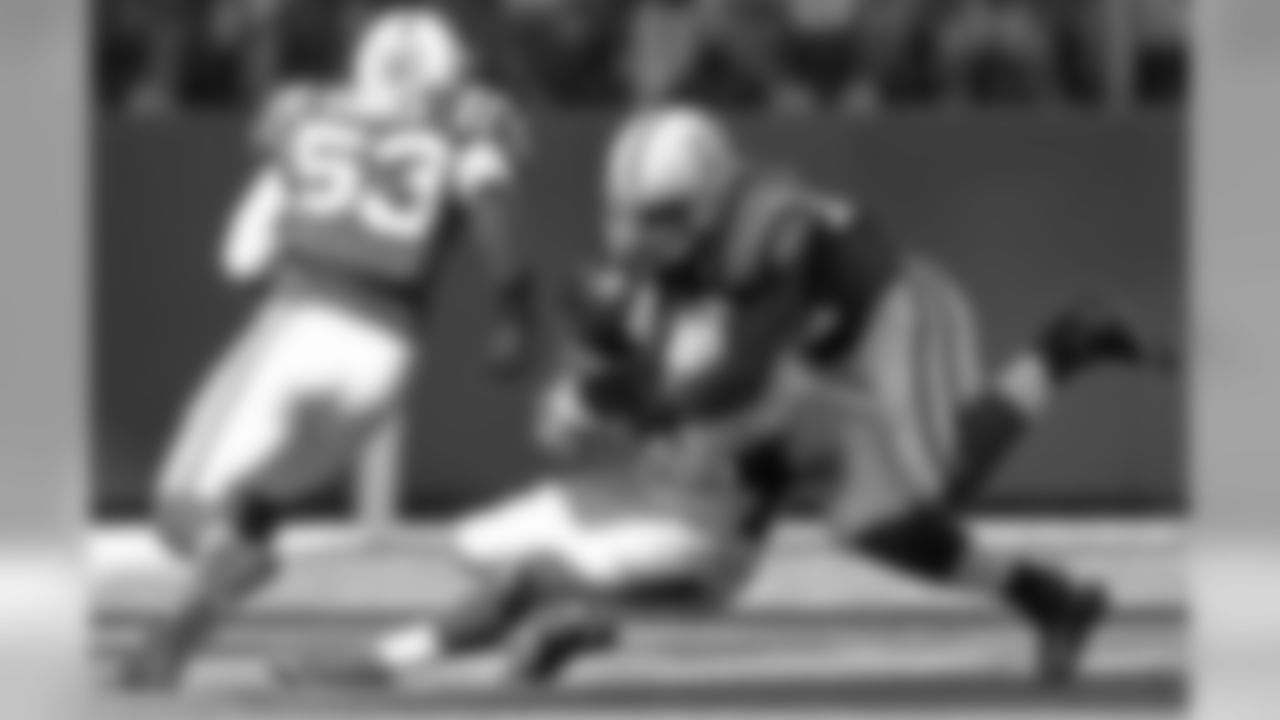



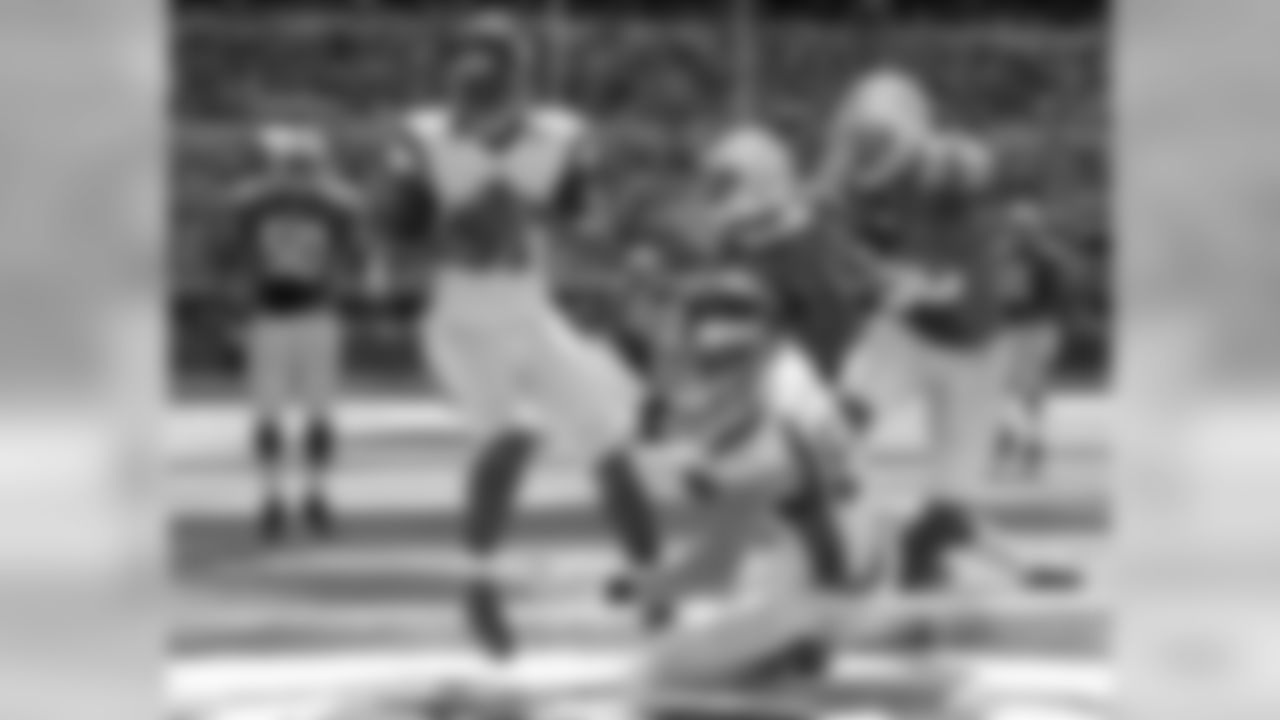

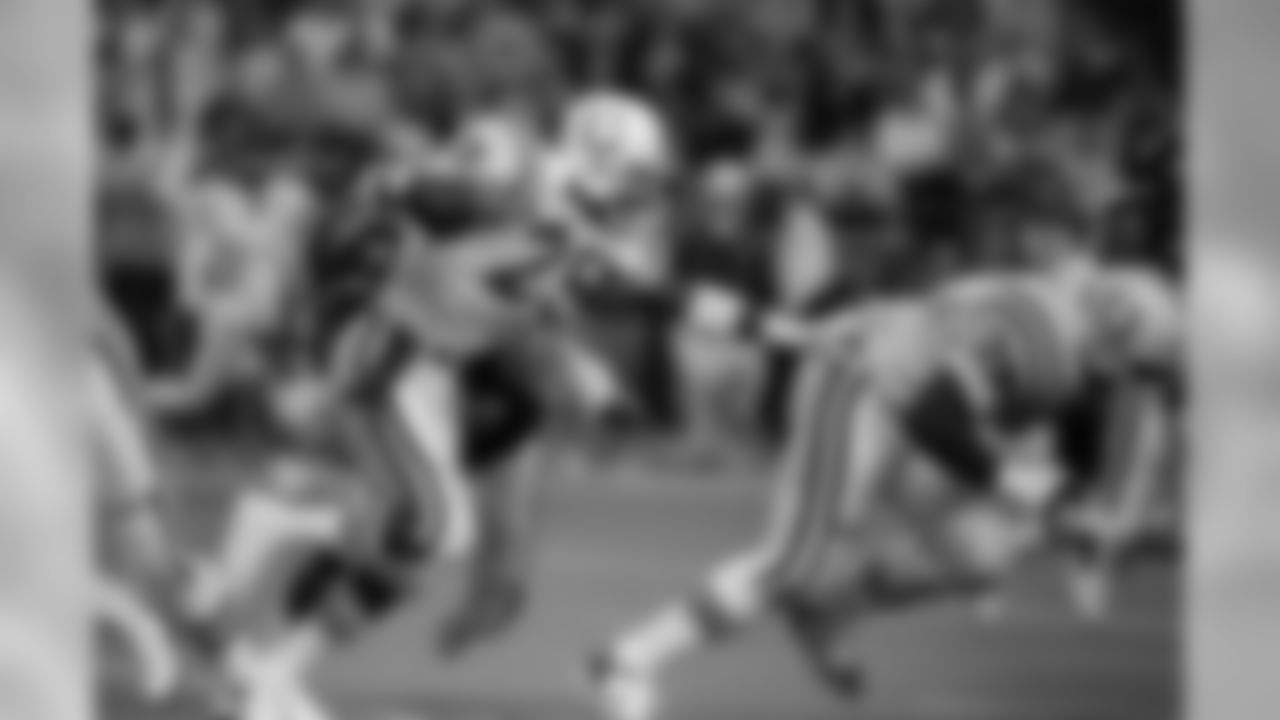

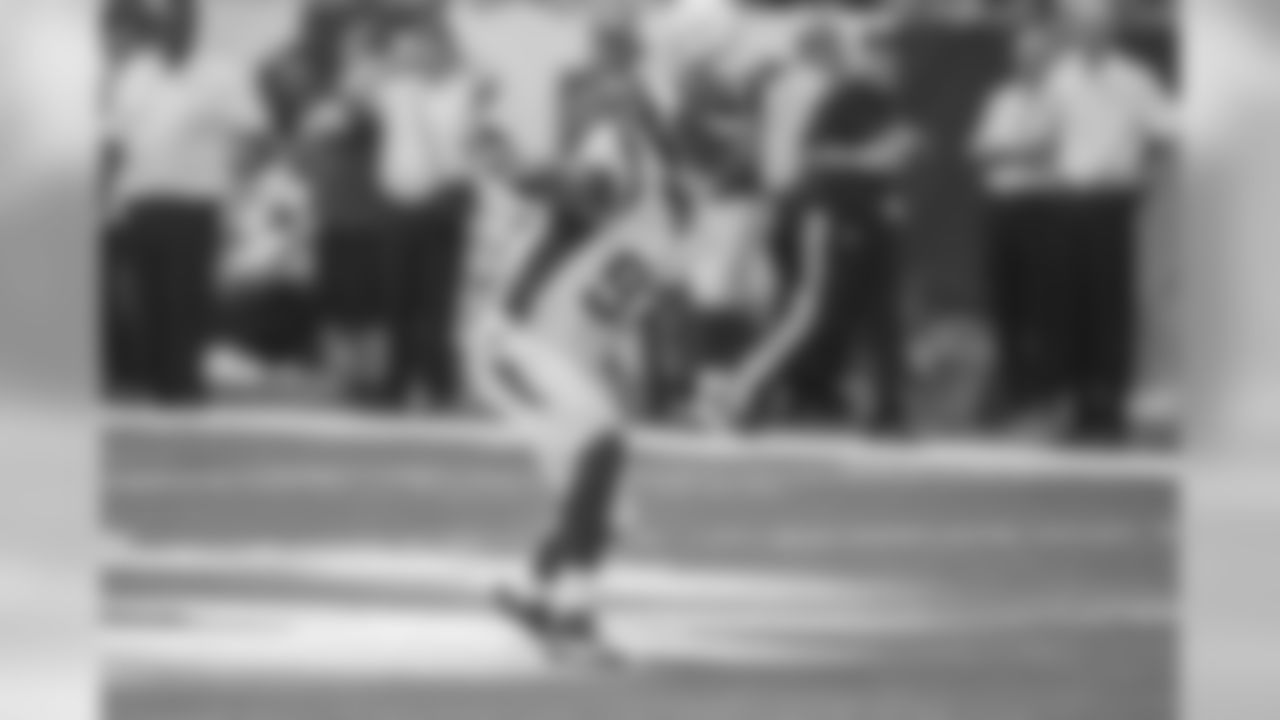


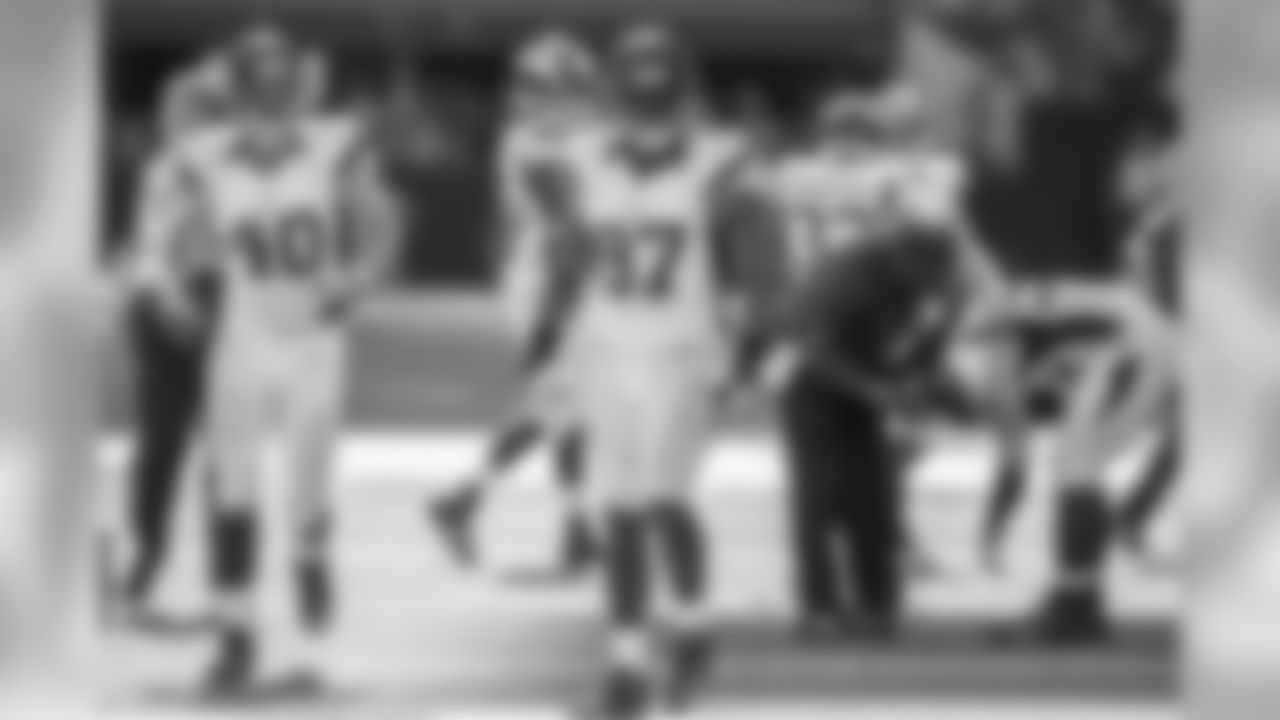




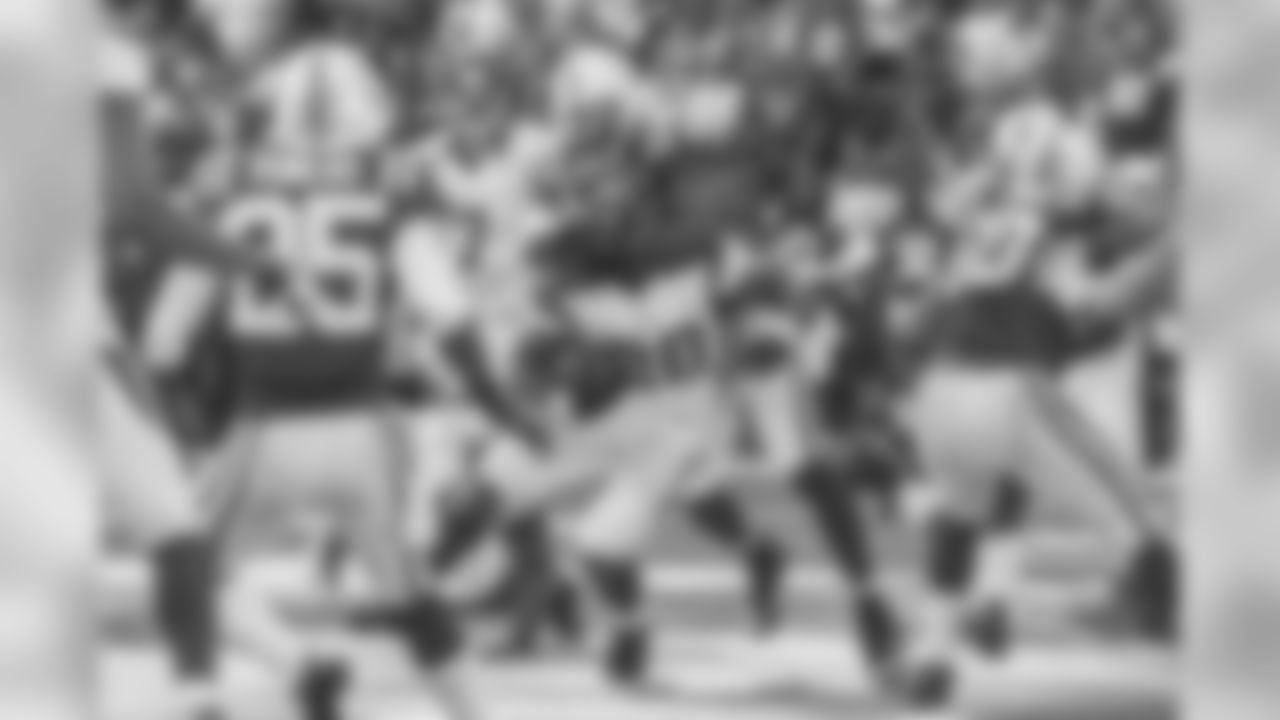
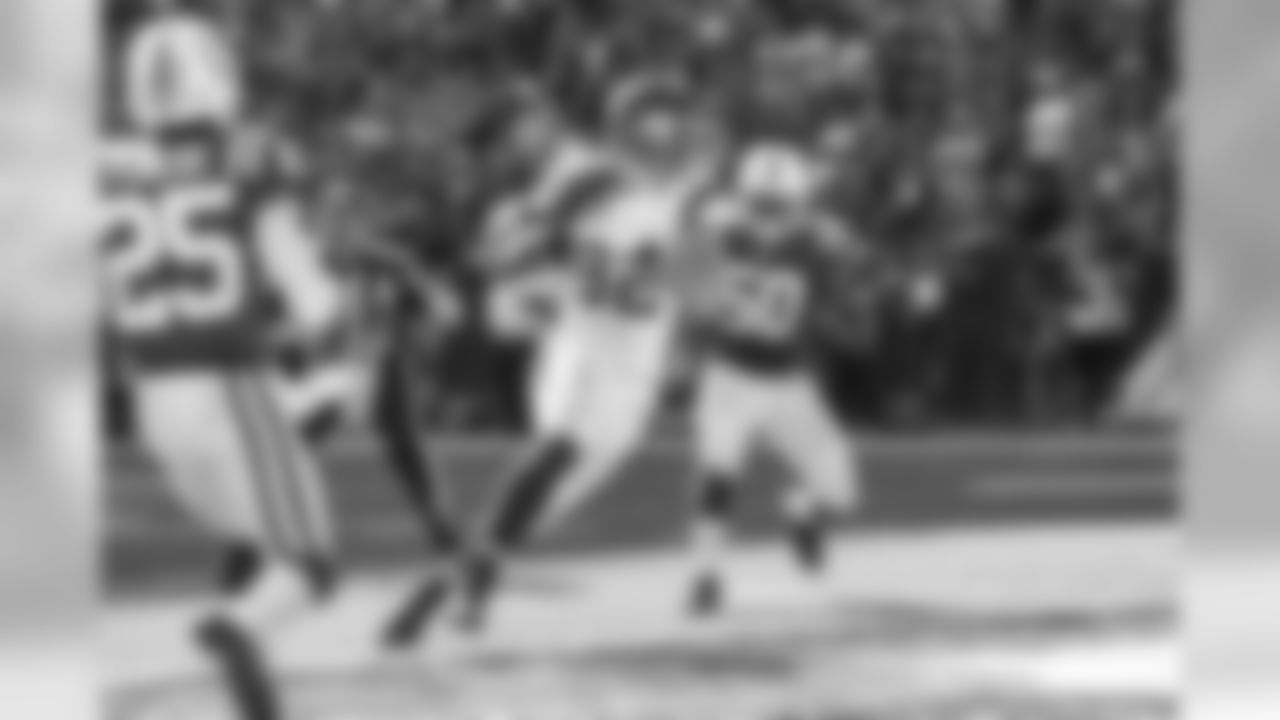
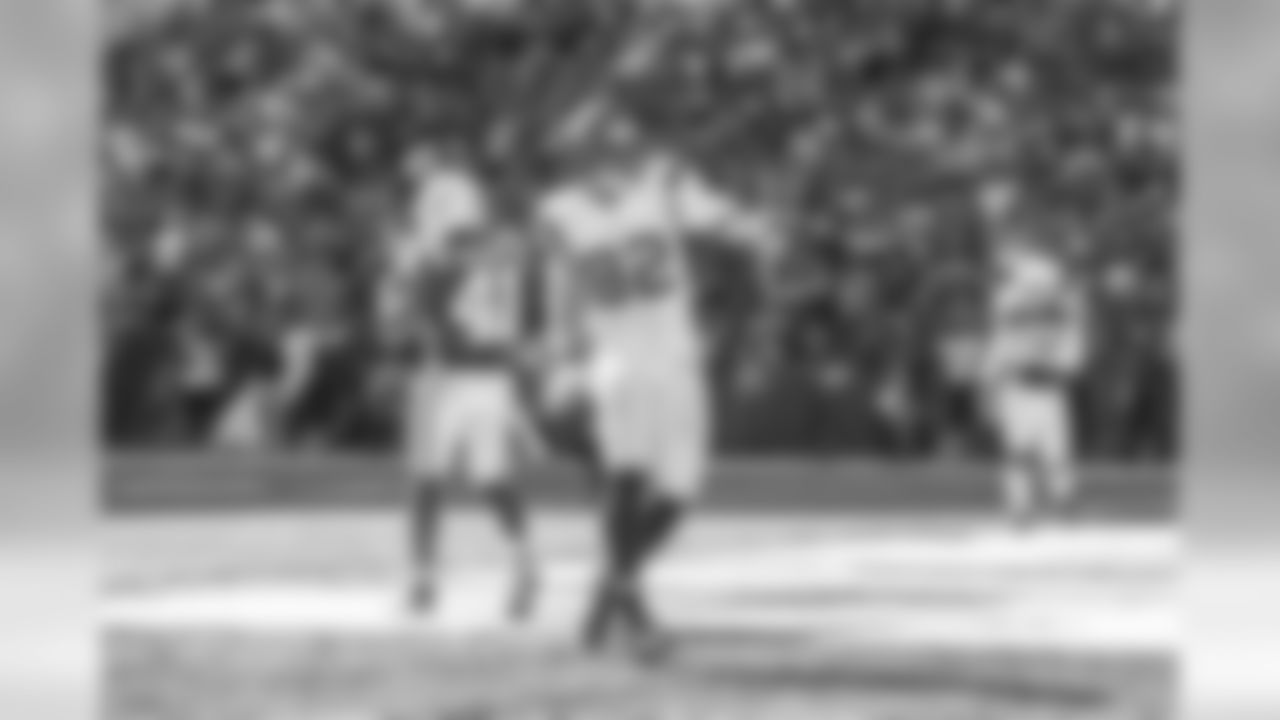



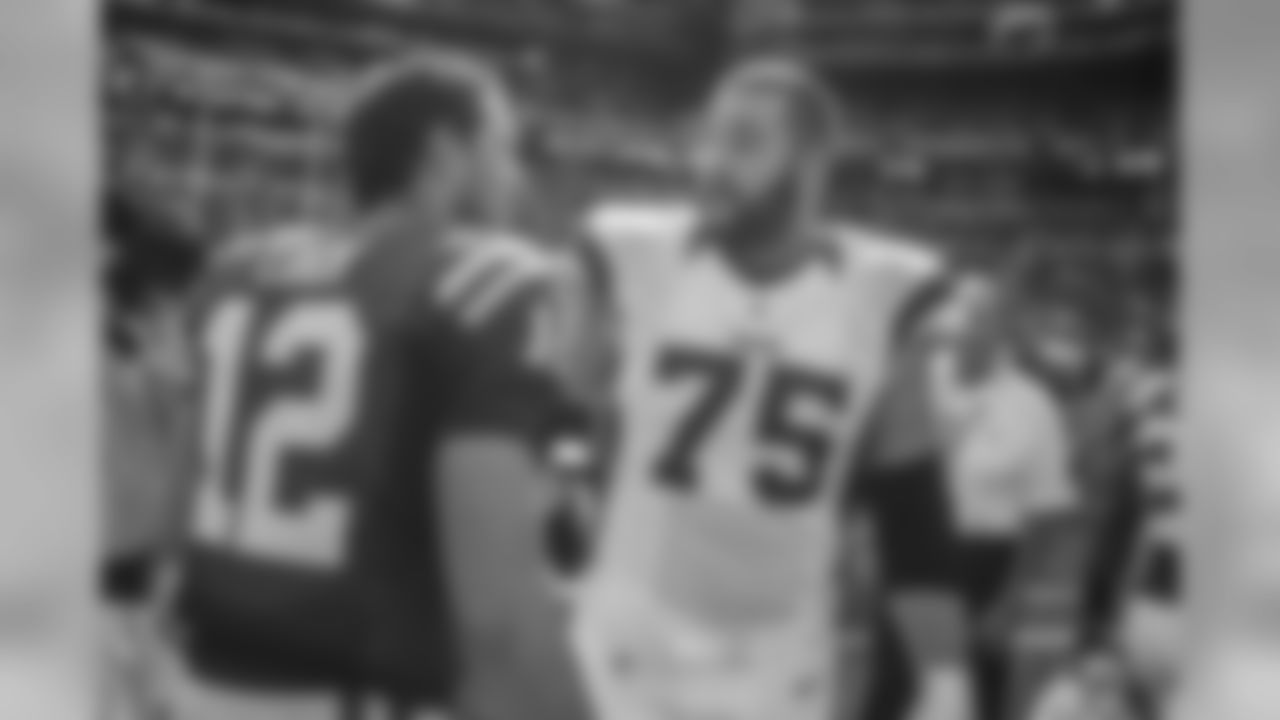


2021
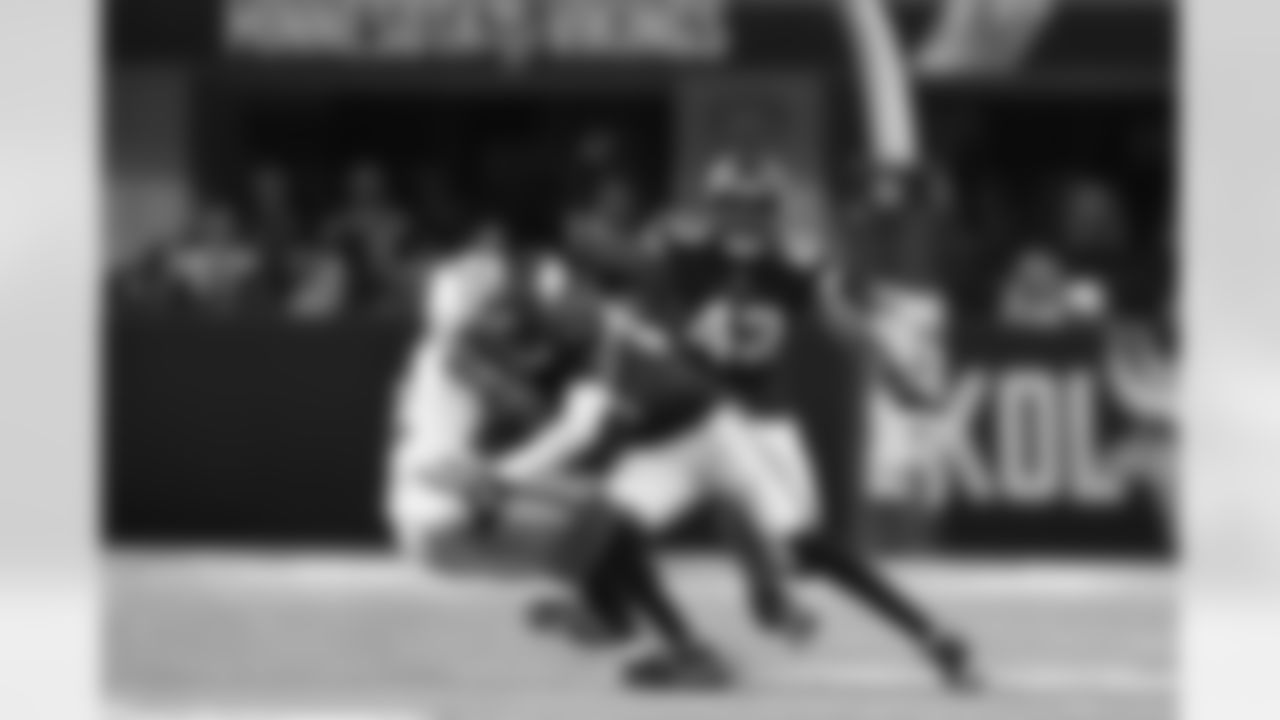
2021
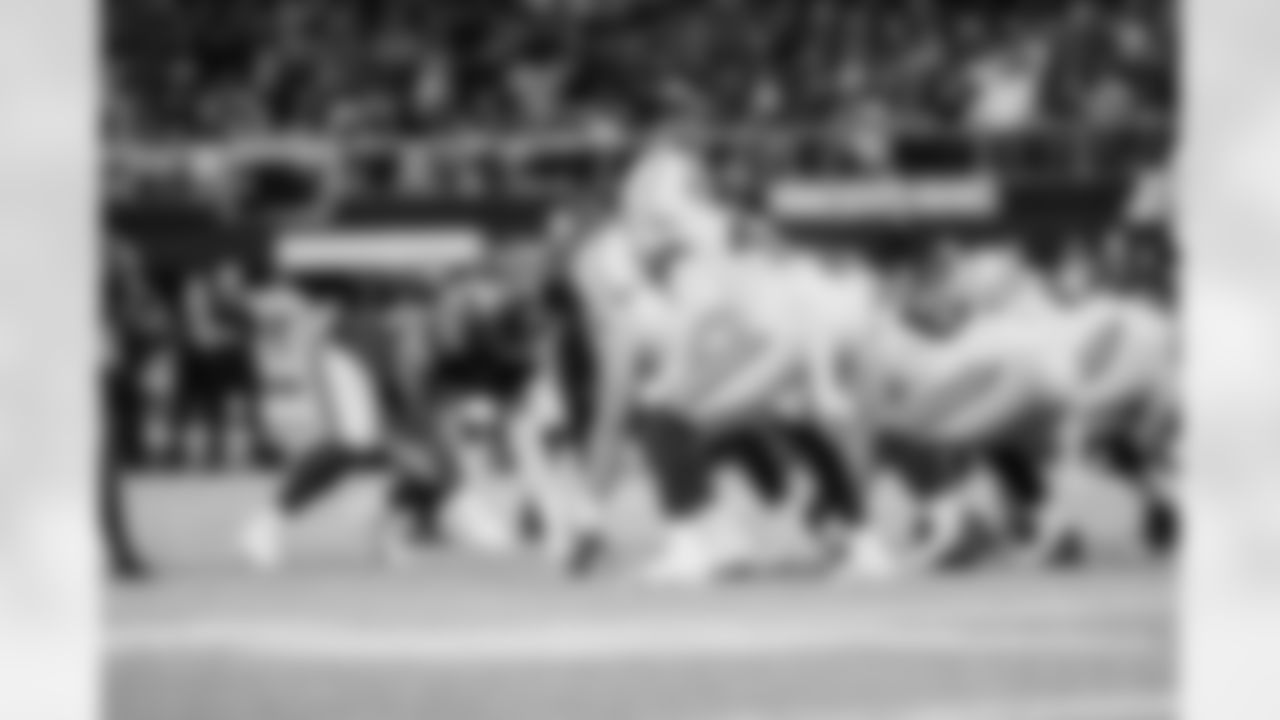
2021

2021

2021

2021
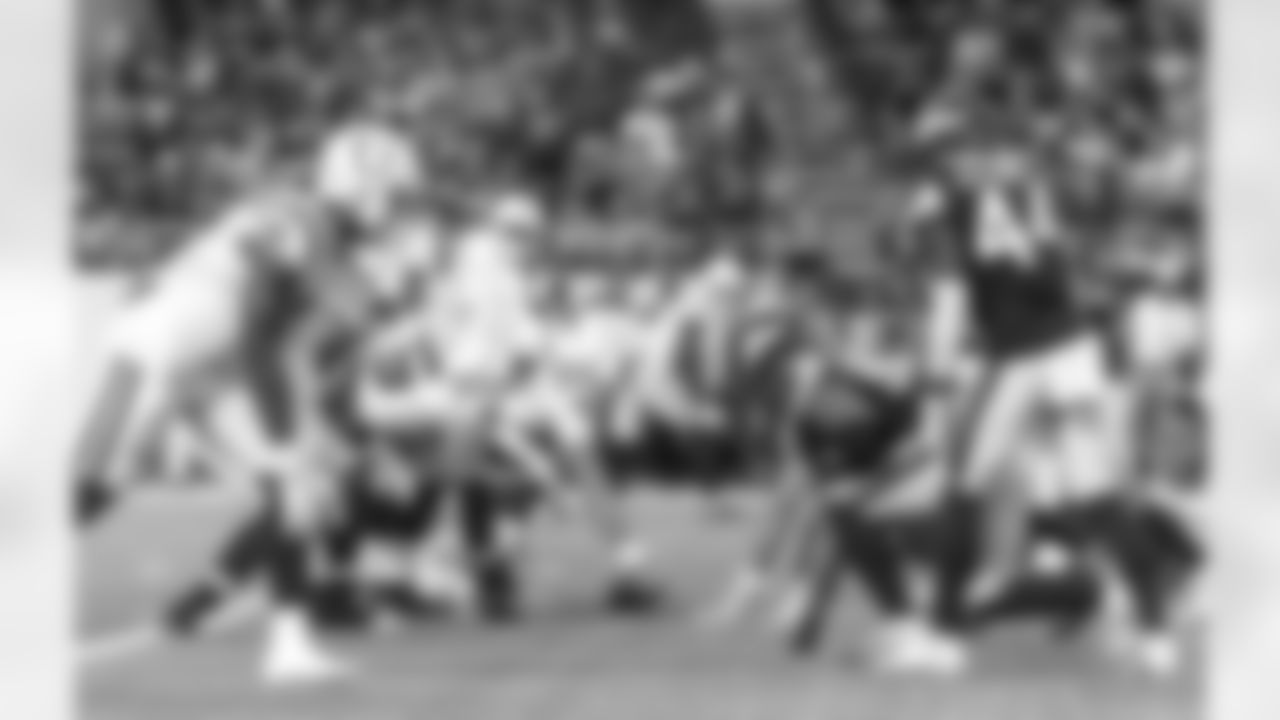
2021
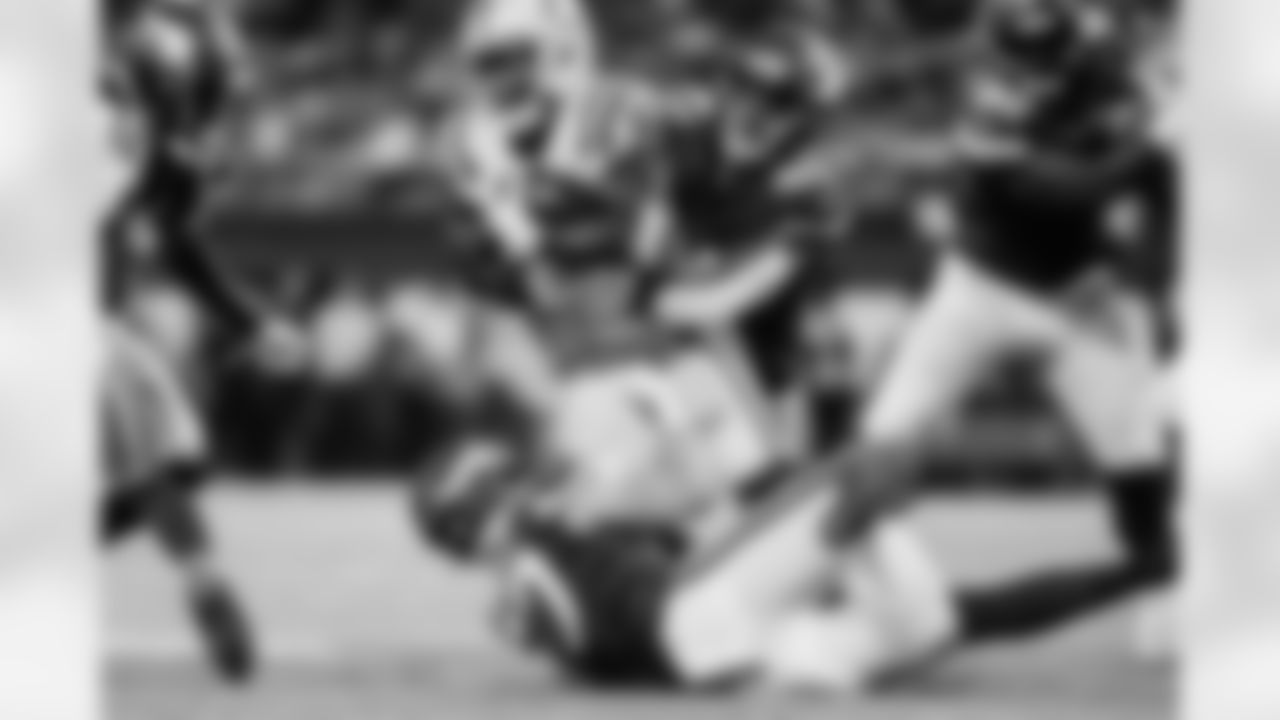
2021

2022

2022
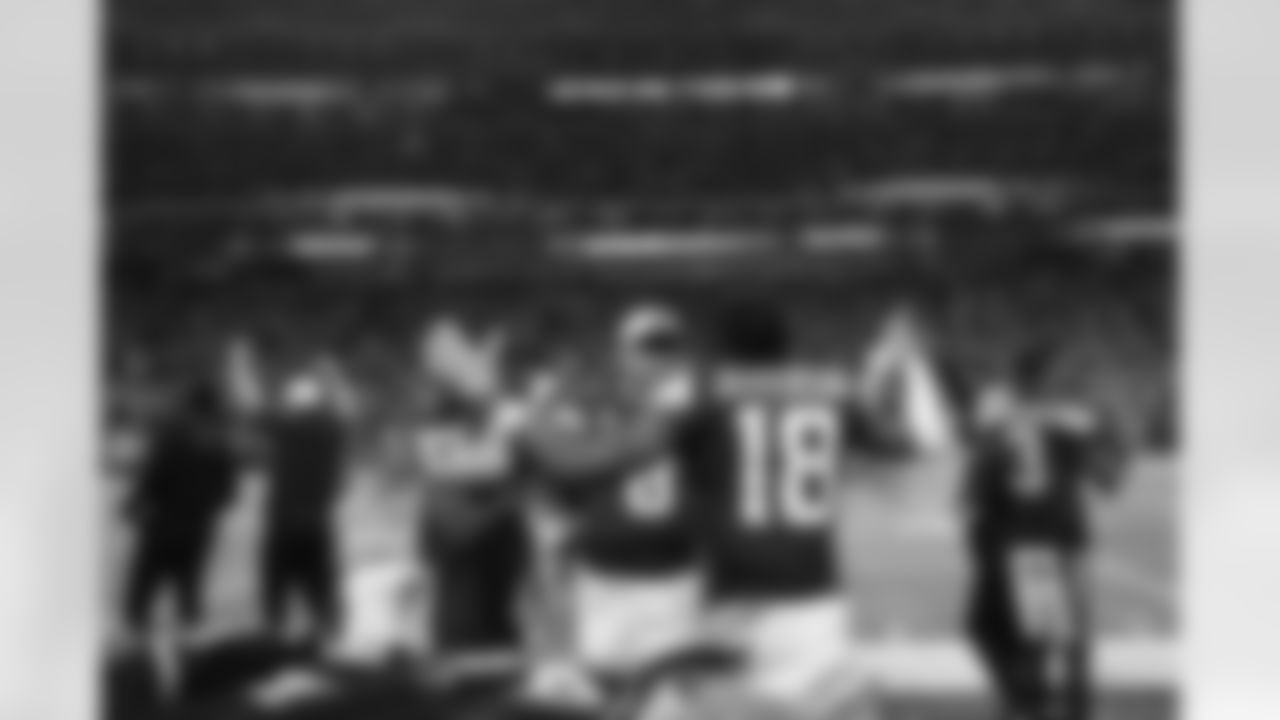
2022

2022

2022

2022

2022
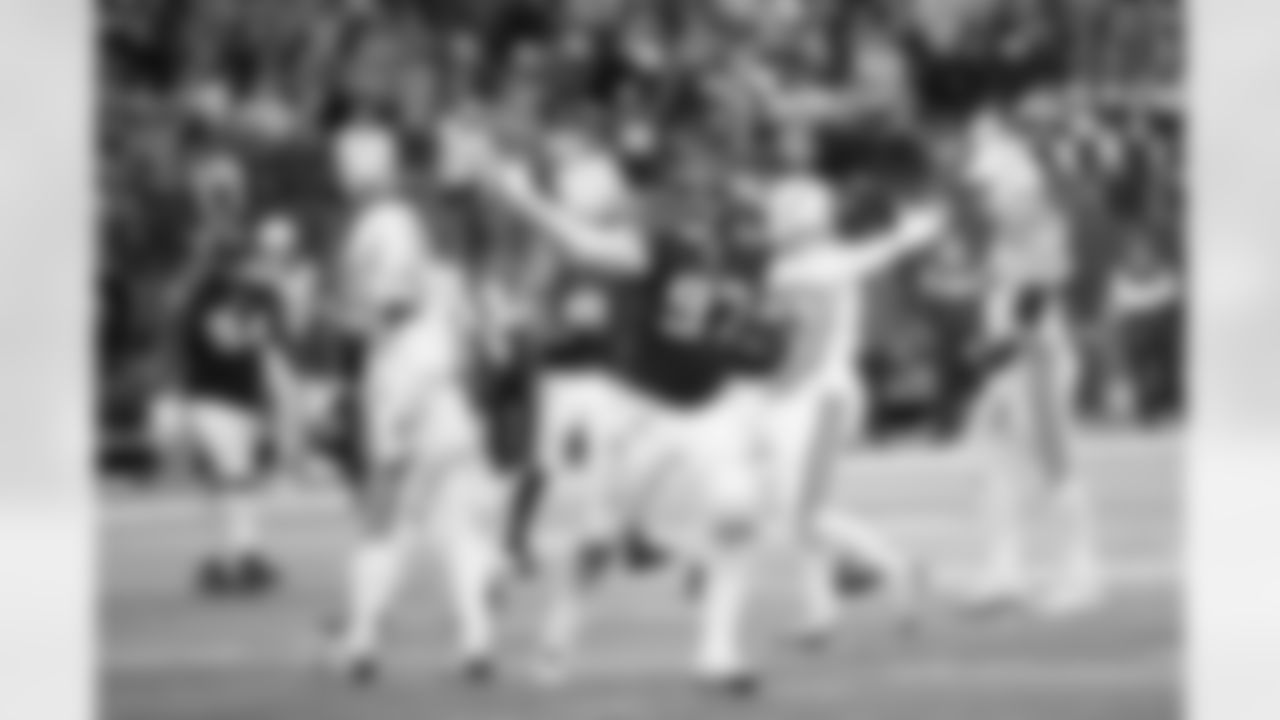
2022
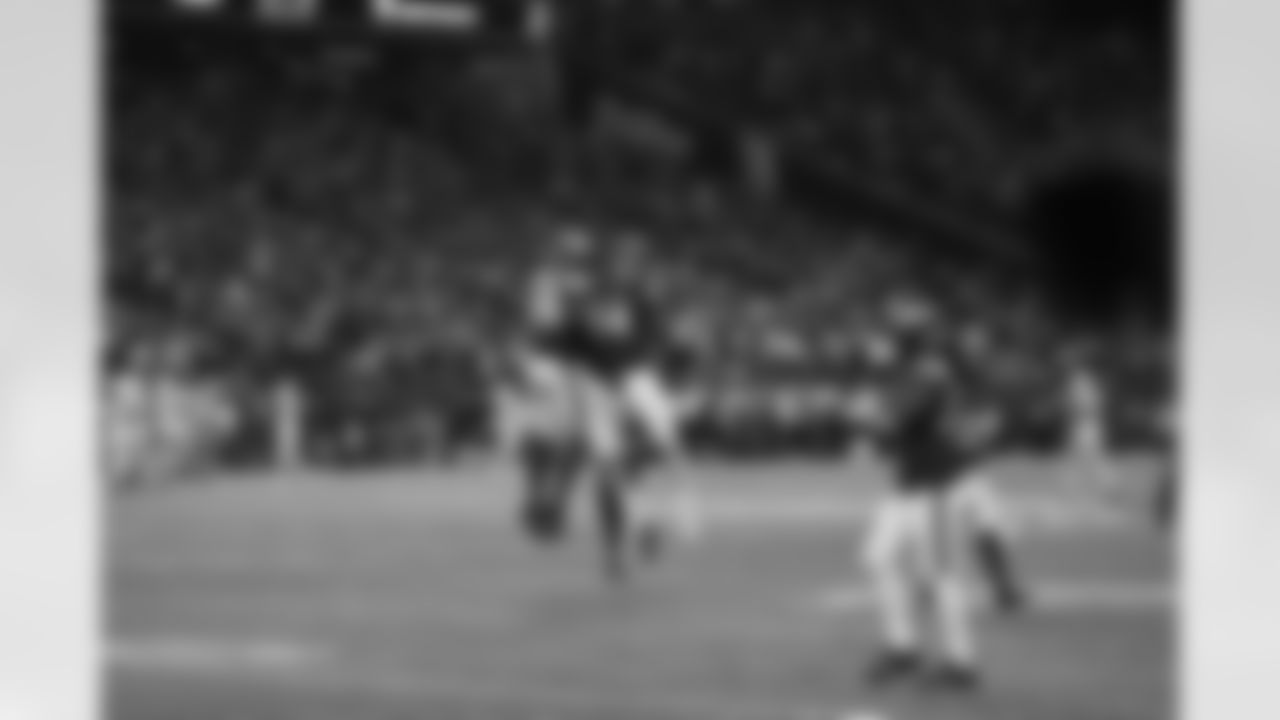
2022
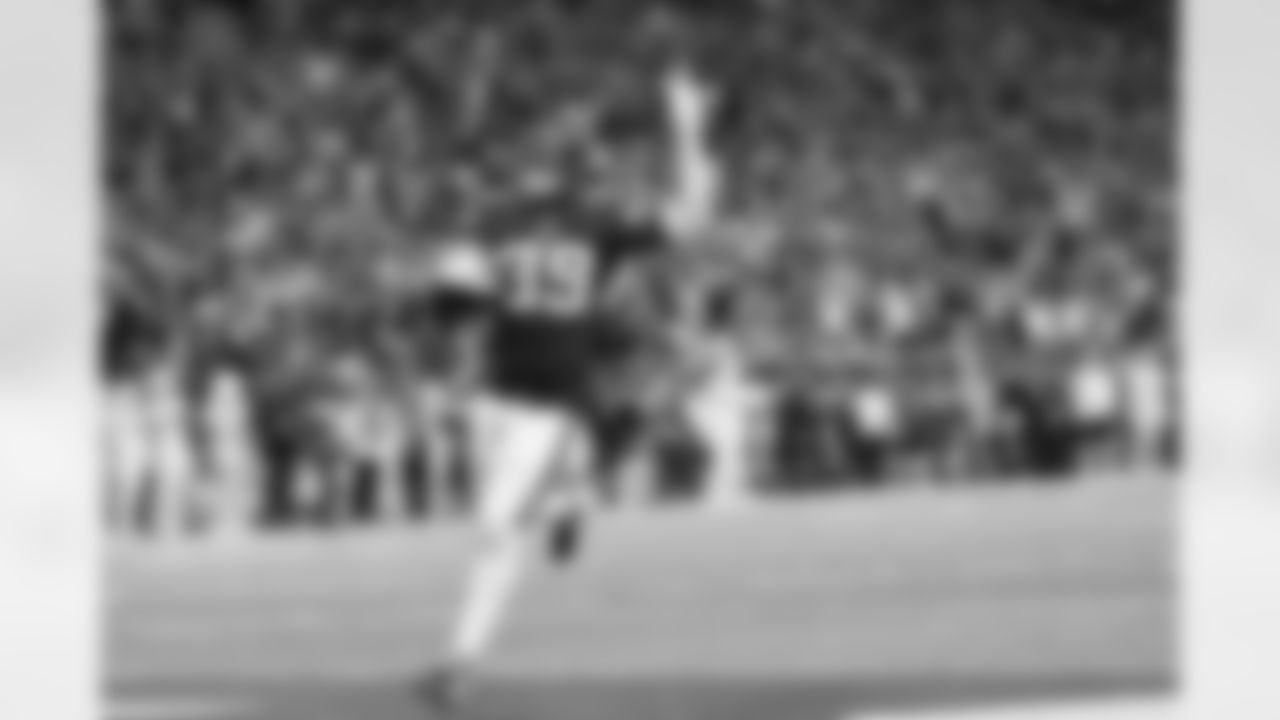
2022
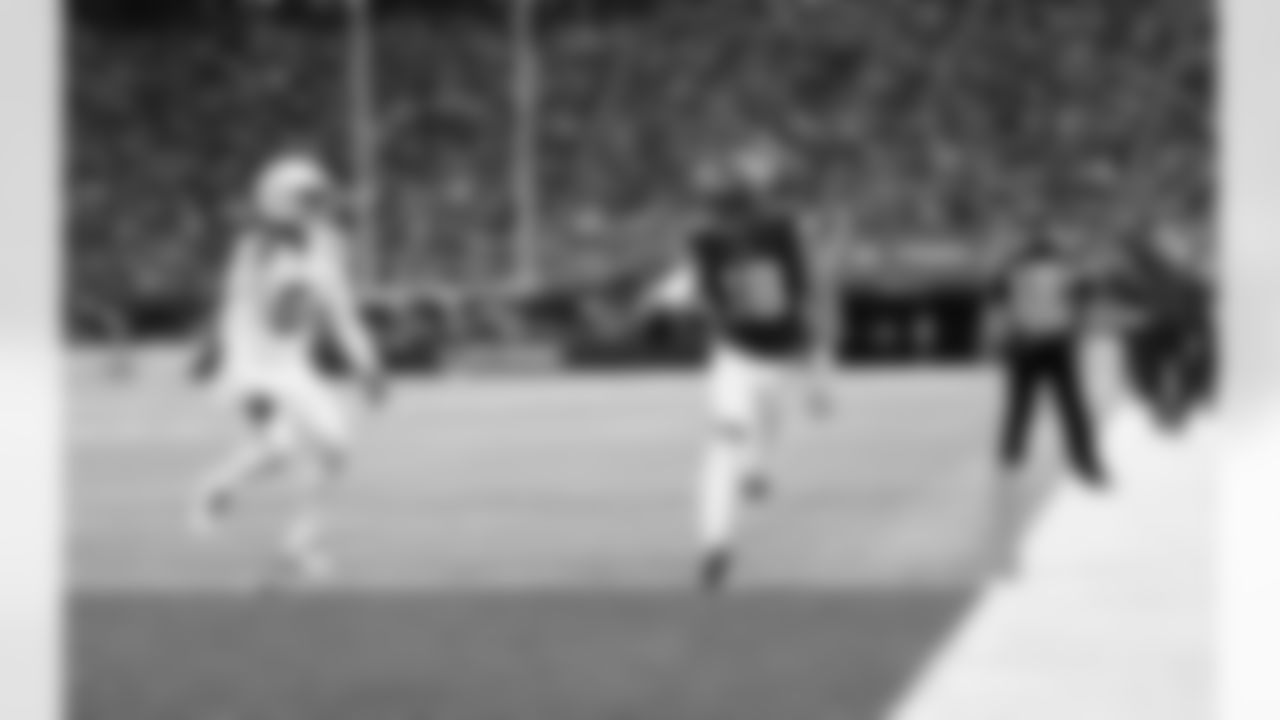
2022
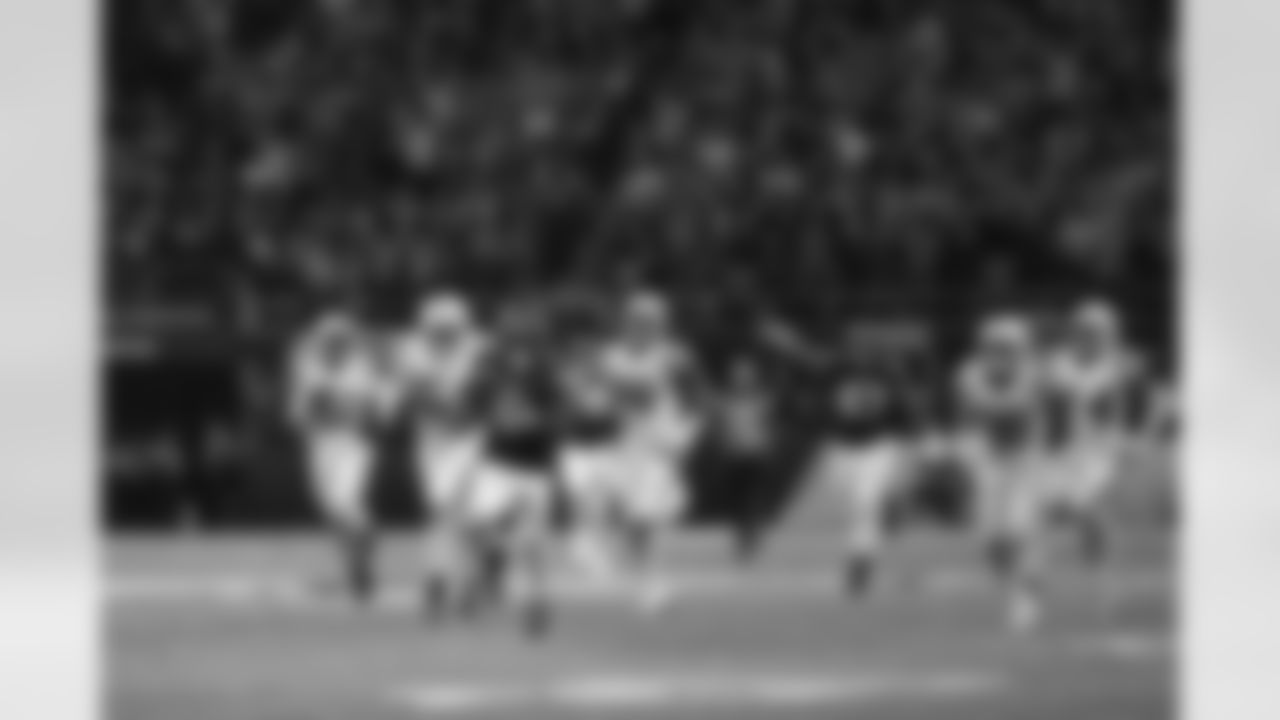
2022
Sunday's matchup against Indianapolis won't be the first game against the Colts to hold weight in Minnesota's history.
While the Vikings have only played the Colts six times in the past 30 years, the two clubs were regular opponents in the 60s, facing off twice per season before the 1970 merger between the NFL and AFL. The Colts were one of three teams that joined 10 former AFL teams to former the American Football Conference.
Minnesota played its first playoff game in franchise history against the Baltimore Colts (who moved to Indianapolis in 1984) on Dec. 22, 1968. The Vikings were held scoreless for three quarters, and despite a pair of touchdowns in the fourth, they fell 24-14. The Colts then went on to win the NFL Championship game and play the Jets in Super Bowl III, where they were defeated 16-7.
The Vikings 1968 playoff game was historic as the club's first. Their rematch against the Colts during the 1969 season, however, was memorable for a whole different reason.
Former Vikings receiver Gene Washington recalled the Sept. 28 matchup in which Minnesota rolled over the previous Super Bowl runner-up 52-14.
"We had some strong revenge, especially playing at home, and we really wanted to use that home-field advantage to our purpose," Washington said. "It really worked out very well for us."
The Vikings at that time had a strong running corps with Dave Osborn, Bill Brown and Clinton Jones, and were known offensively to primarily hurt opponents on the ground.
Washington remembered the team emphasizing a need for a better blend on offense.
"We played [the Colts] the year before, and we had some opportunities, but we didn't really take advantage of the passing," Washington said. "We saw that there was an opportunity, where if I had single coverage in some situations, we had talked and thought that we could complete some long passes."
Minnesota's plan worked.
By executing a combination of rushing and passing, the Vikings took control of the game early on. They gained a 14-0 lead in the first quarter after Washington hauled in an 83-yard touchdown for the team's second score.
Prior to the play, Vikings quarterback Joe Kapp called in the huddle a deep pass to Washington and warned his offensive line to hold up.
"Mick Tingelhoff was our center, and Grady Alderman was our tackle – Joe wanted to remind those guys and everybody on the line that we were going to need some extra time to throw this long pass," Washington said. "I was just hoping I would be able to get down the field to catch it."

The receiver hoped for a matchup with Colts safety Rick Volk. In the week's film study leading up to the game, Washington had keyed in on Volk and felt that he could beat him in a 1-on-1 situation.
He got his wish.
"Of course Joe read the defense, and it was single coverage," Washington said. "I really had to run straight down the field as fast as I could, just hoping that the ball was coming, and it did come."
The pigskin making contact with Washington's hands was a wonderful feeling, he recalled.
"But that was early in the game – we still had a long ways to go," Washington said.
By the game's end, Kapp had recorded a career game: 449 yards passing for seven touchdowns to five different targets. Washington, in his third season with the Vikings, finished the game with six catches for 172 yards and two touchdowns.
Washington also gave credit to Minnesota's heralded defense for the game.
"Our defense played so well, so we had a lot of opportunities [with good field position]," Washington said. "The turnovers that we were able to capitalize on, we were able to strike right away with long passes and intermediate-type passes, and that worked out really well. We took full advantage of every opportunity we had, and those opportunities in many cases were passes."
Added Washington: "Joe was really hot that day."
Kapp's seven-touchdown game against the Colts remains tied with seven other quarterbacks for a league record.
Washington said a win over the Colts was a confidence builder and set the tone for the rest of the 1969 season, which culminated in the NFL title.
"When you beat a Super Bowl [team] on your home field, that means a whole lot," Washington said. "There's more emphasis on those games."
He added that the victory especially spoke volumes of the Vikings offense. According to Washington, the defense was always doing what was needed to control games, and the offense wanted to make a statement that day.
The unit certainly did.
"When you say 'Minnesota Vikings' and it's always defense, we had a lot of pride that we had a great offensive team at that time, so we definitely felt that we would have a chance to do special things," Washington said of the Vikings team that went on to play in their first-ever Super Bowl that season. "It was still early in the year, but we had a chance to do something special – to win our division and probably go on. We thought that was a great, great start for us."













